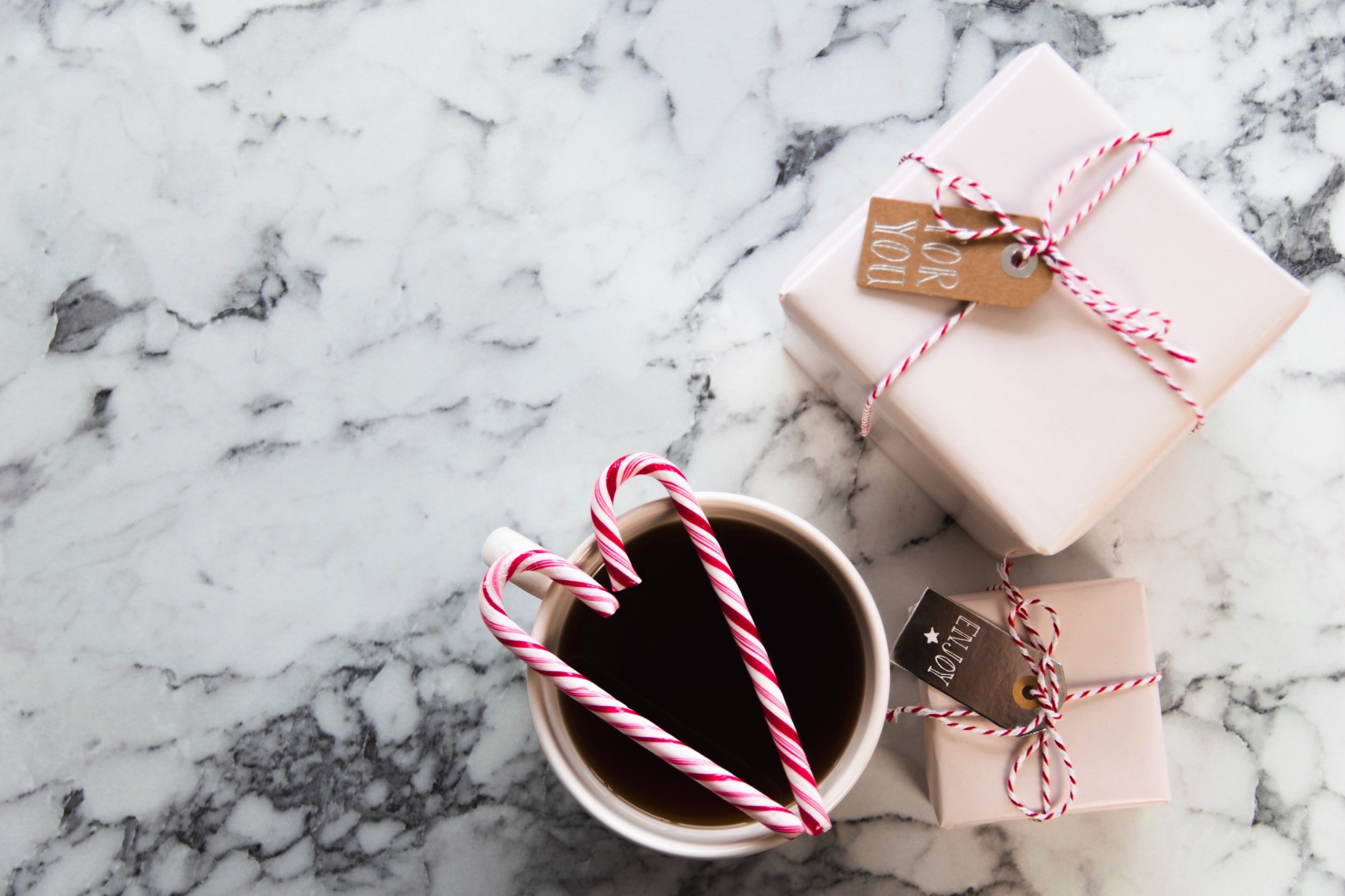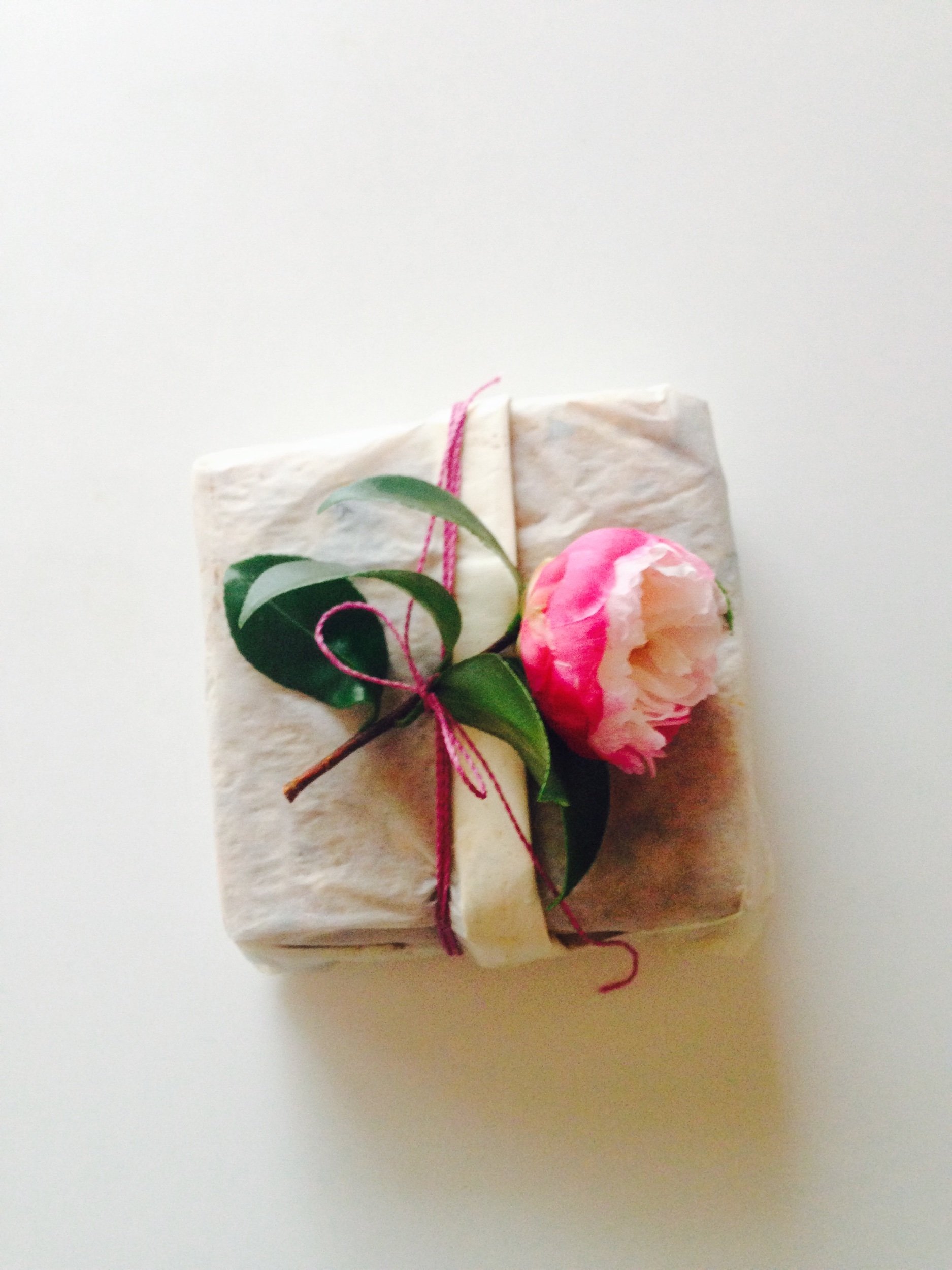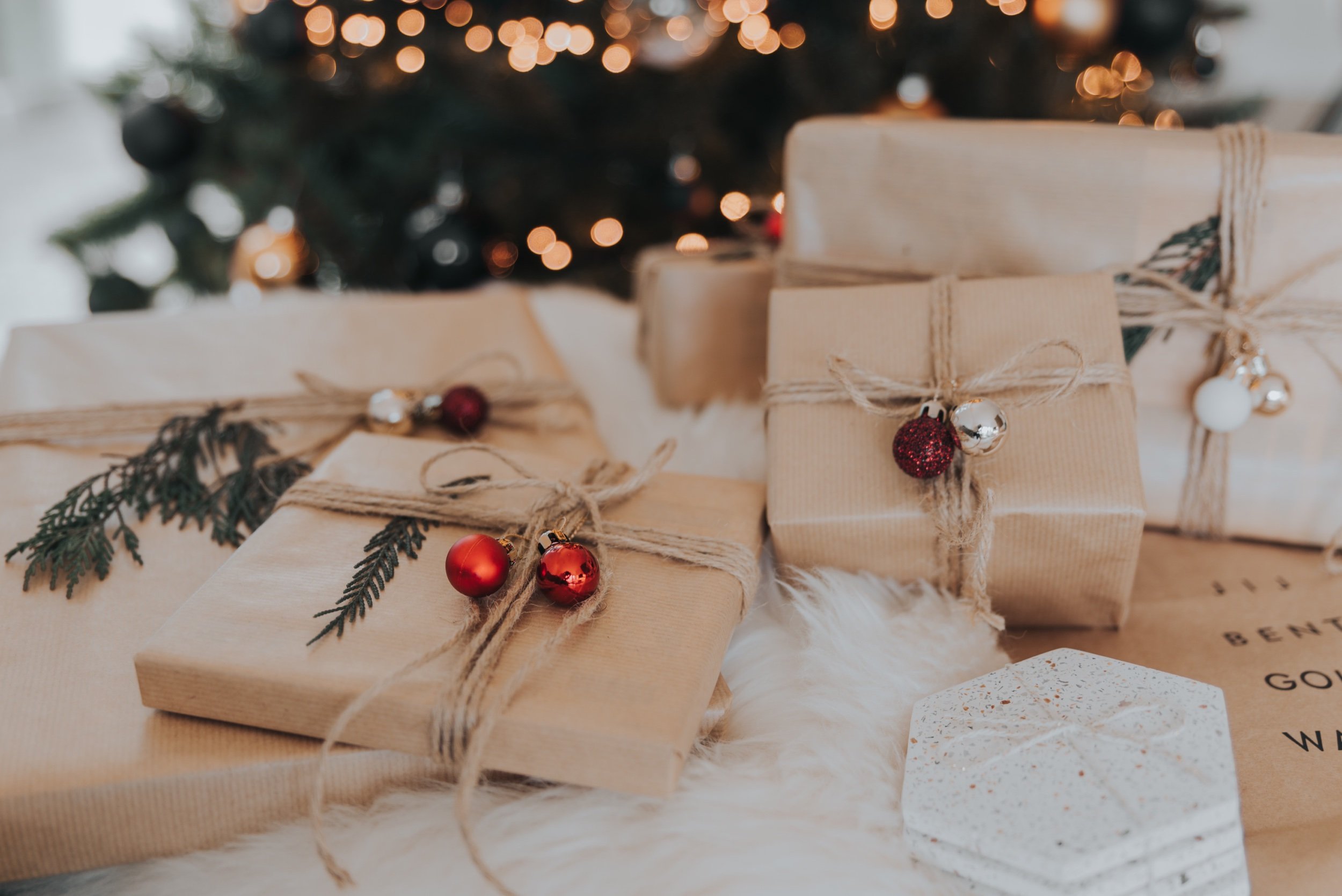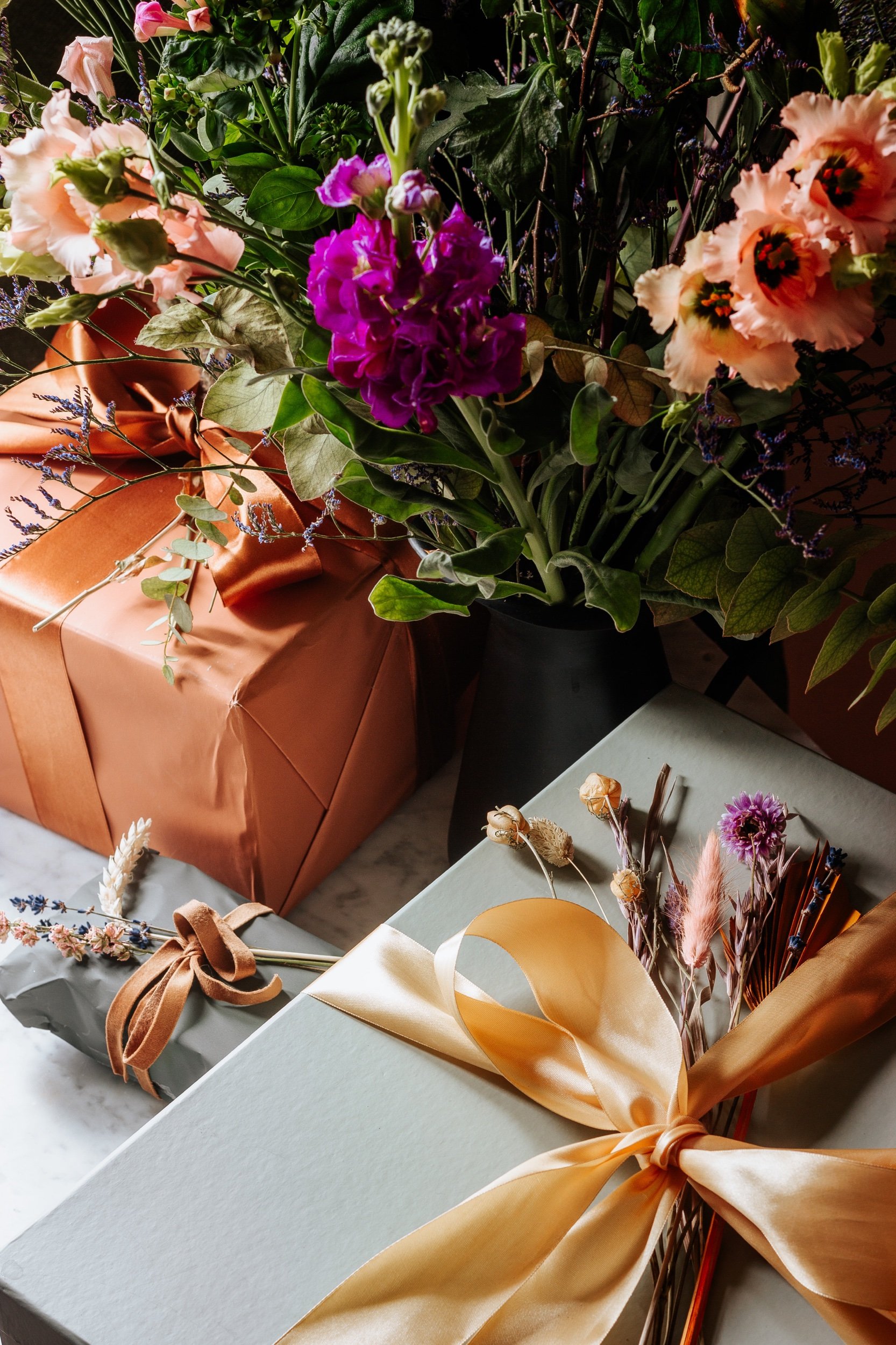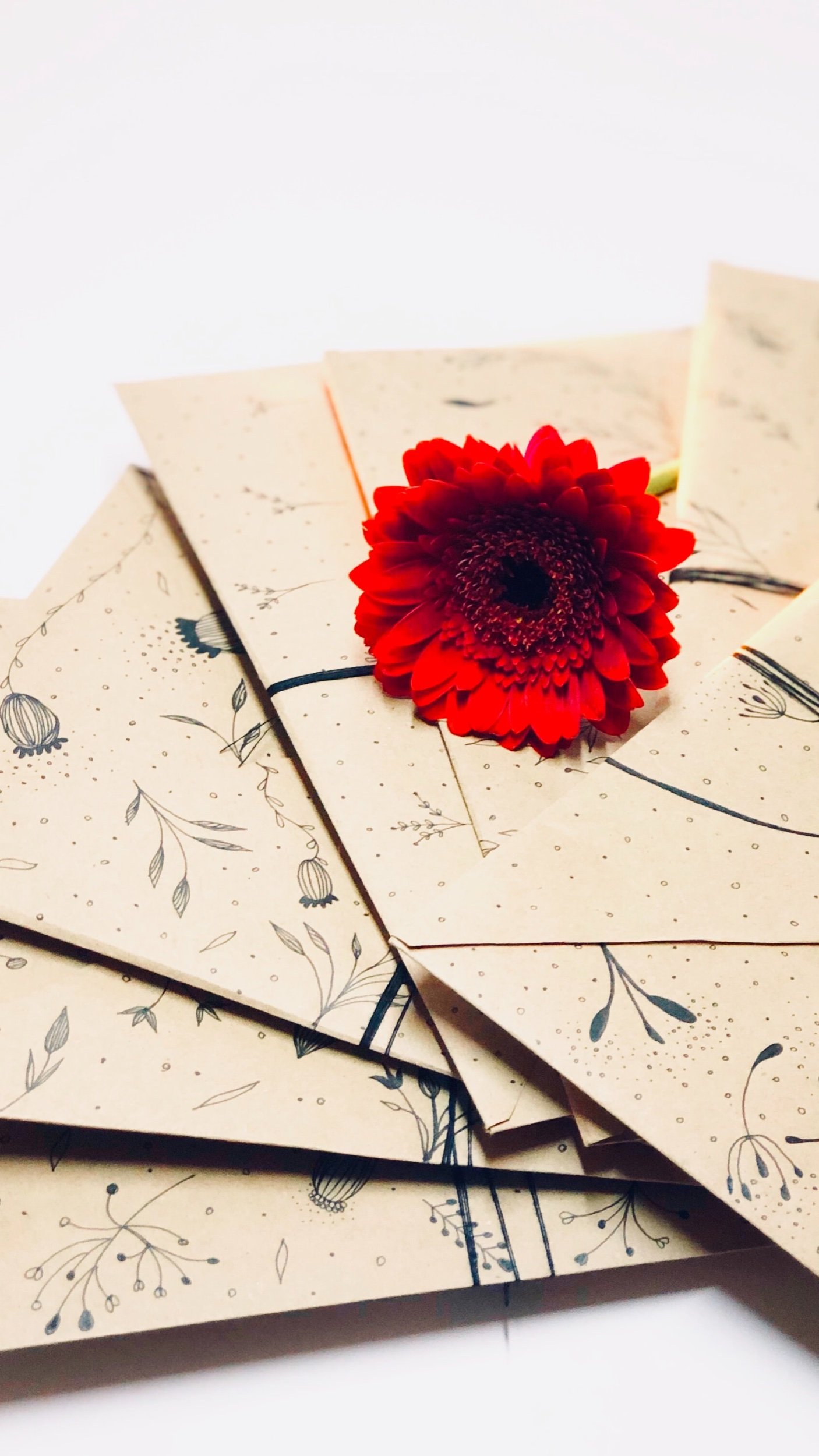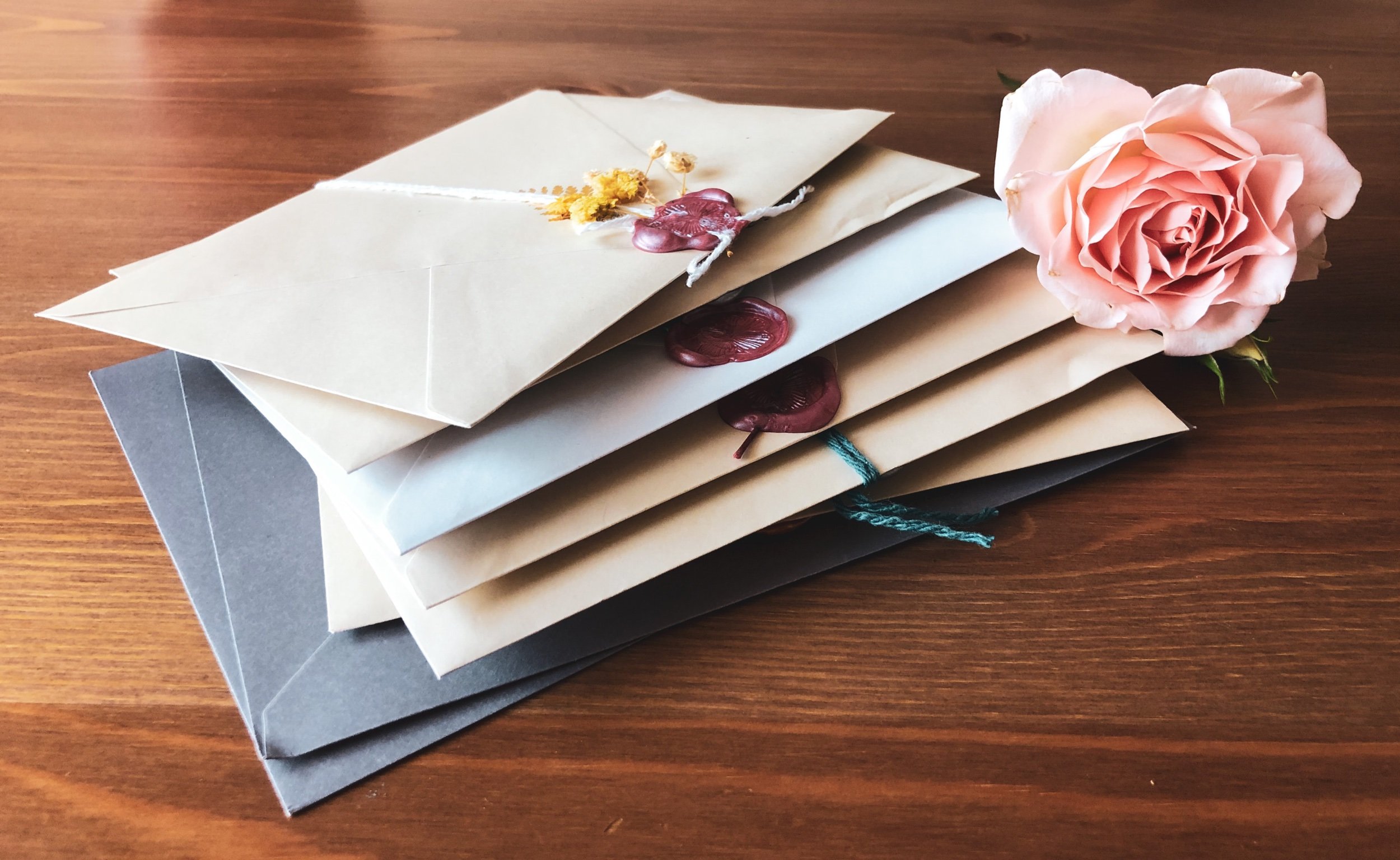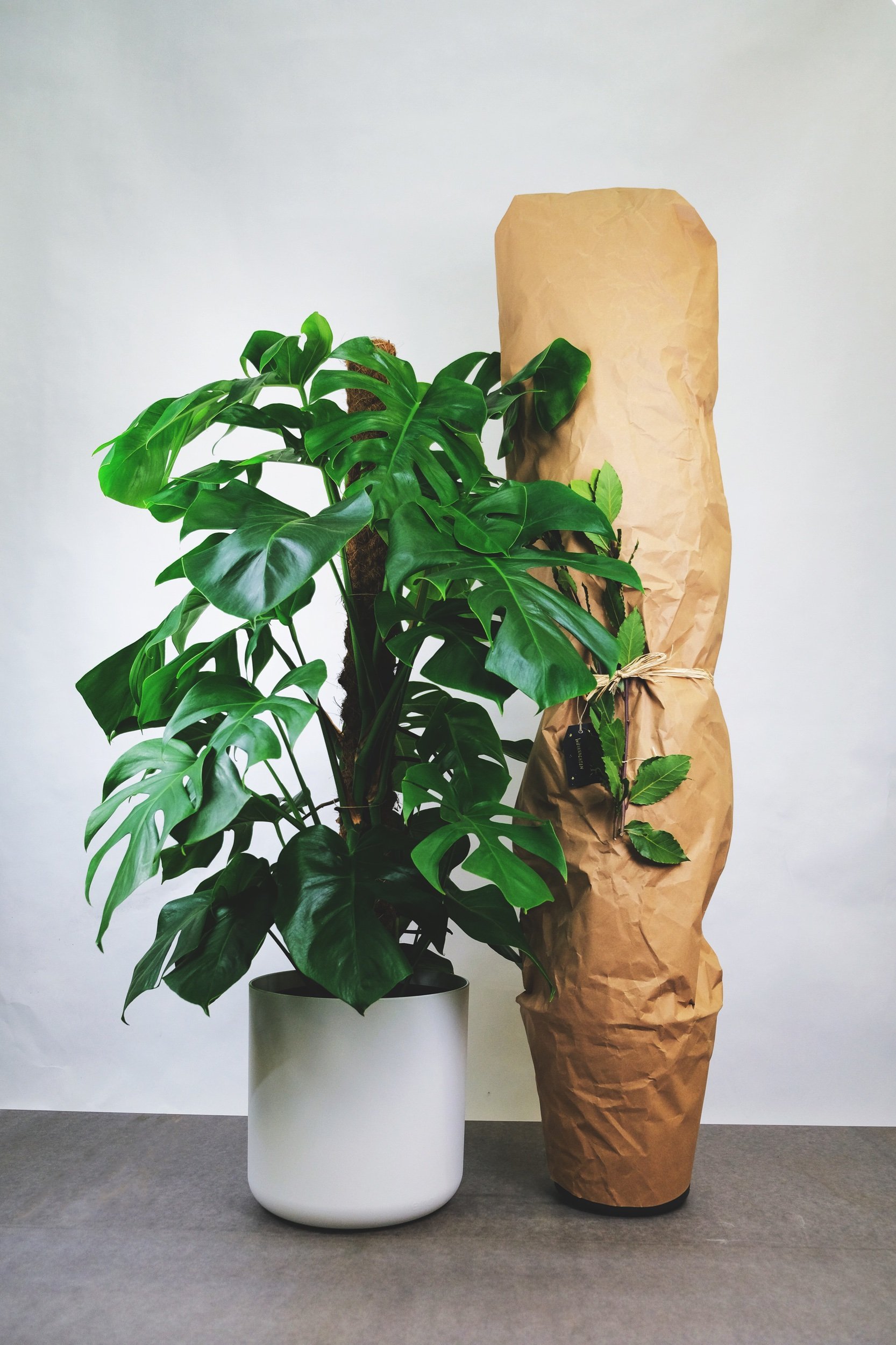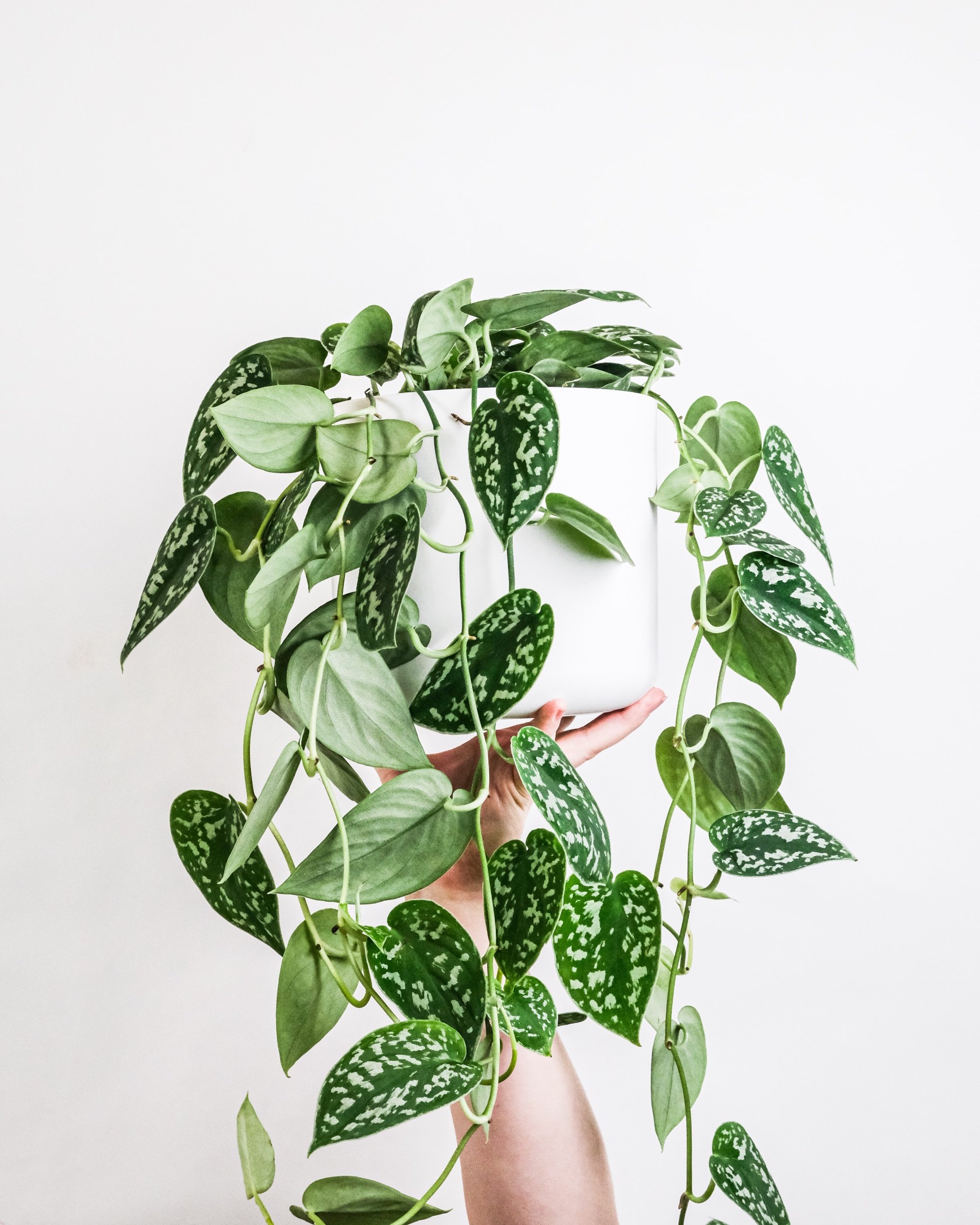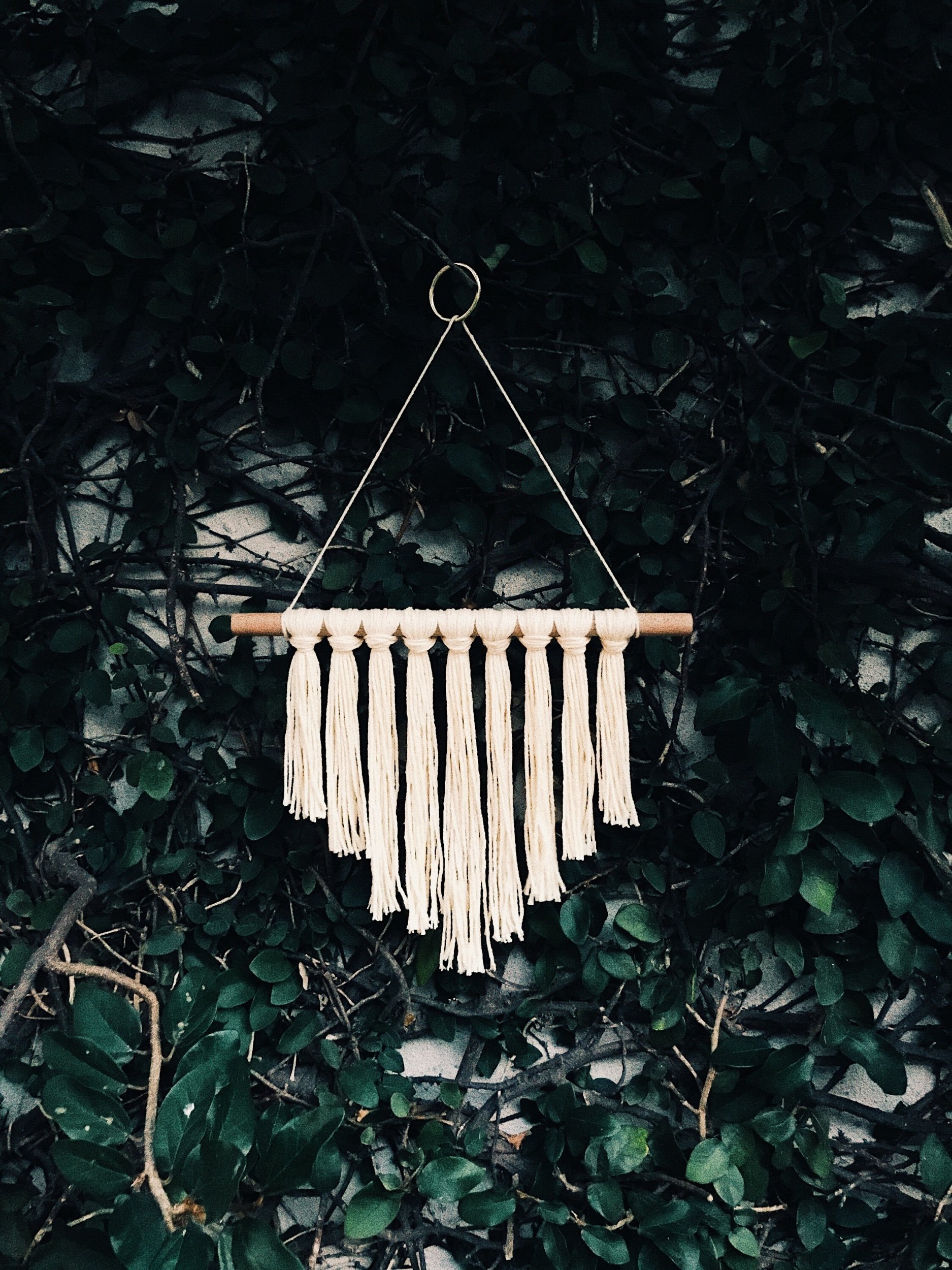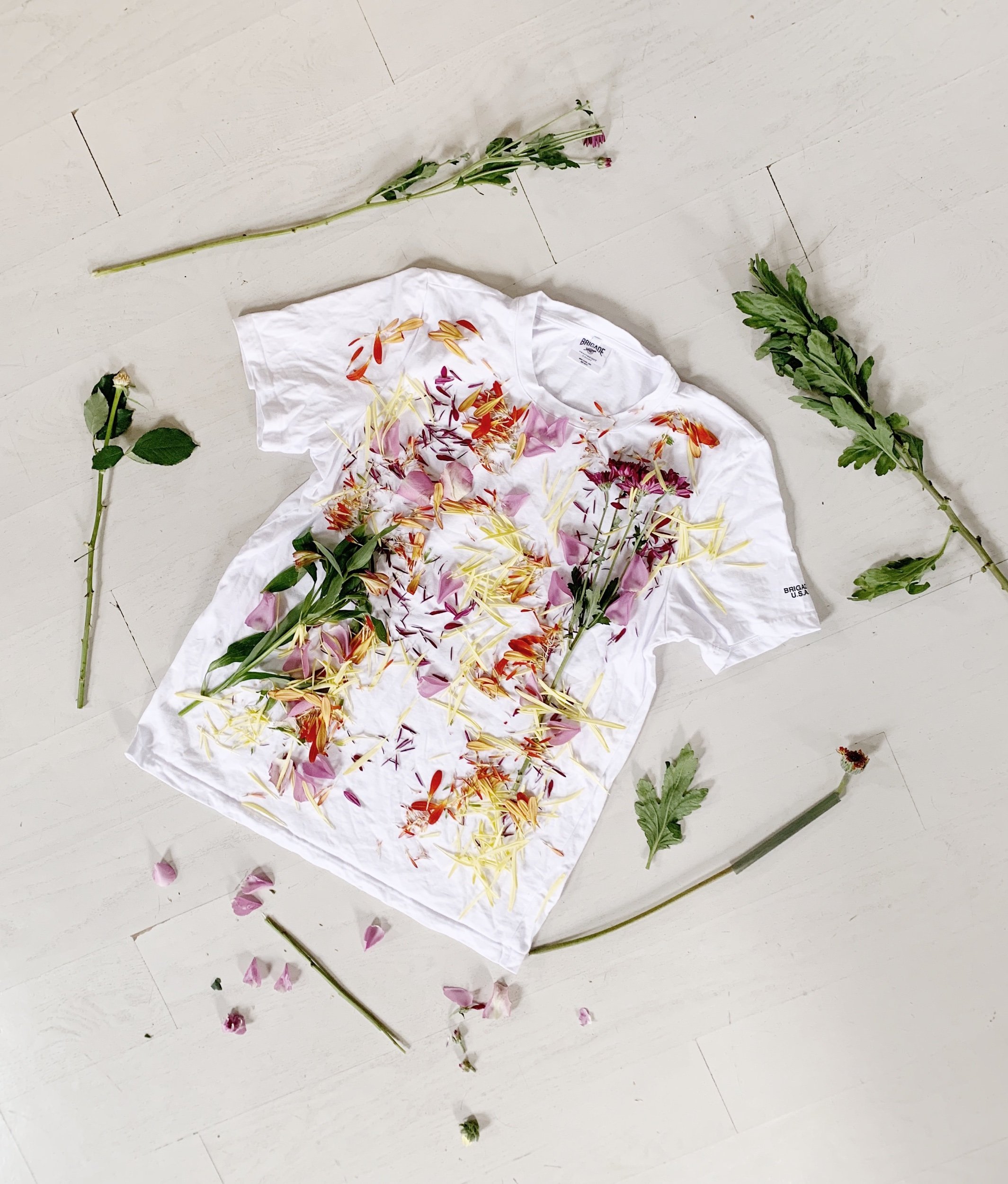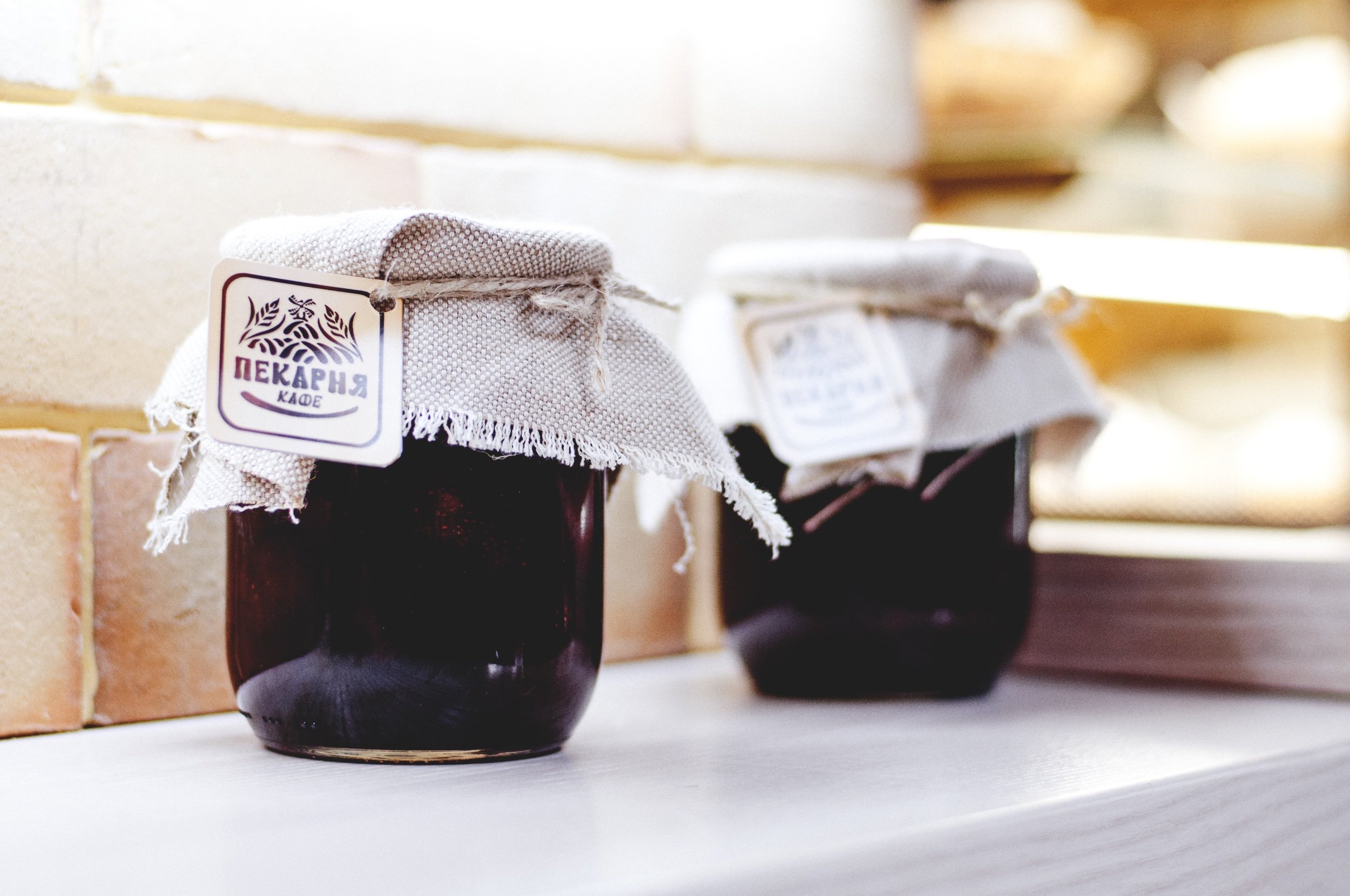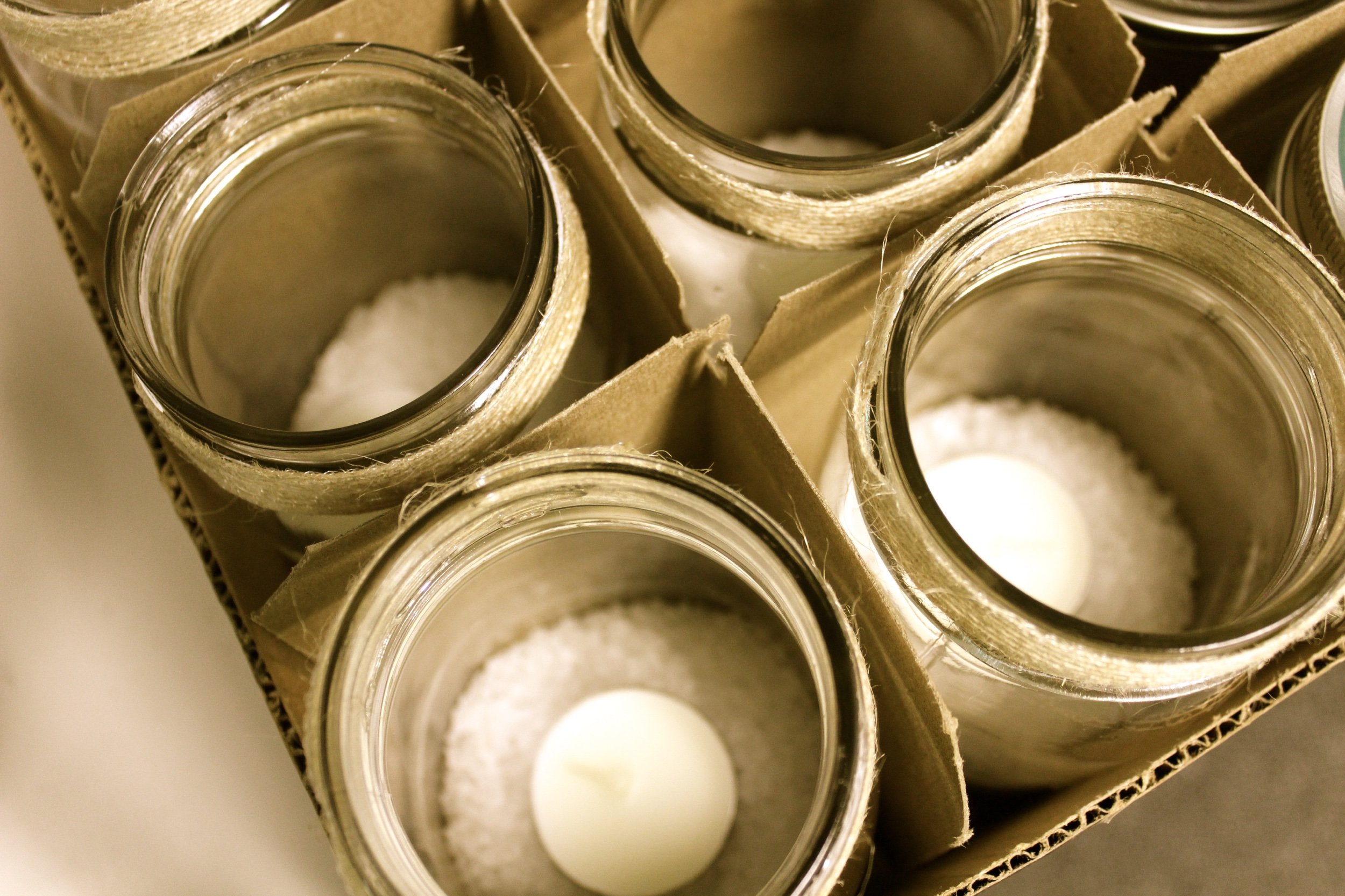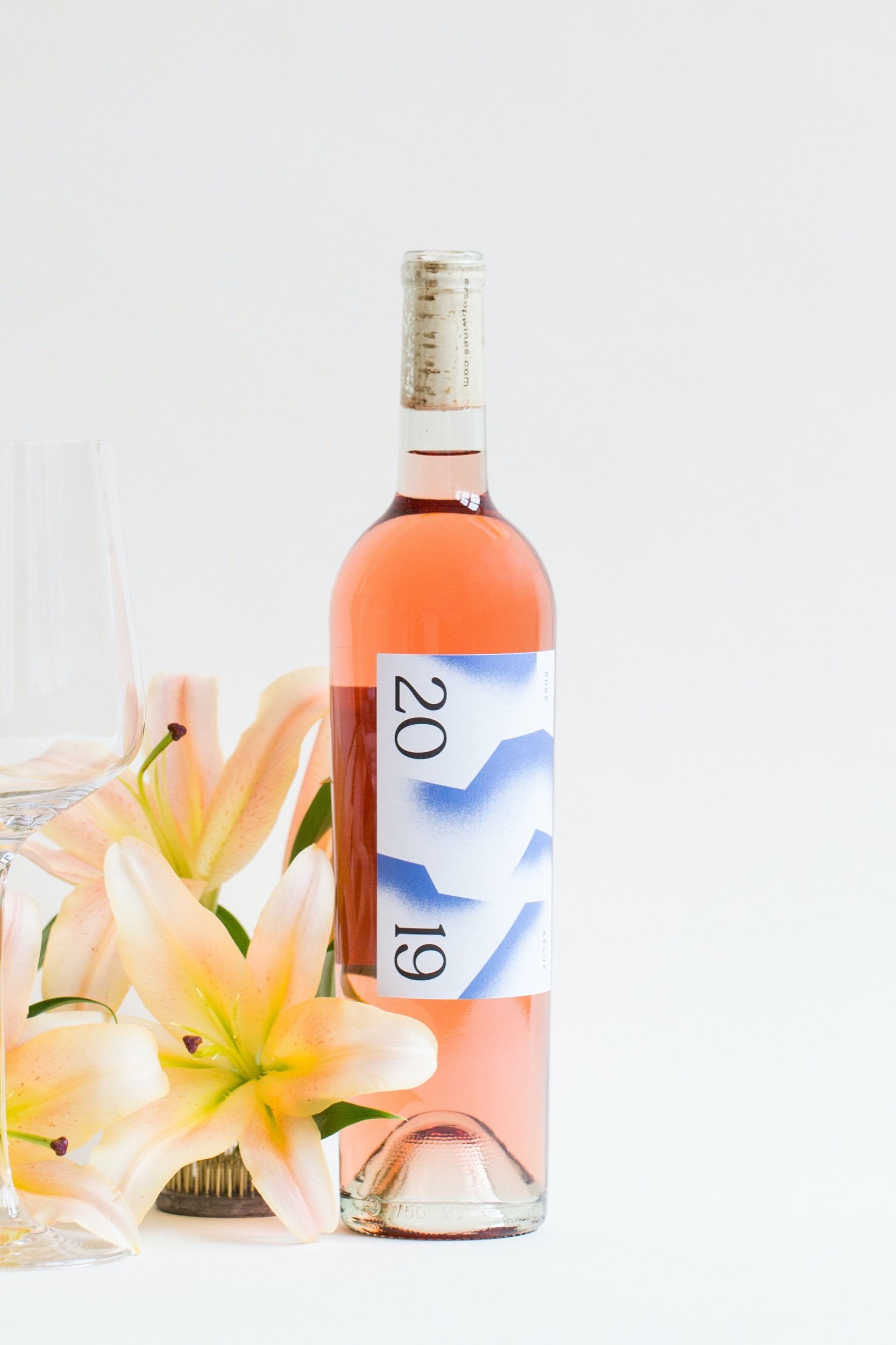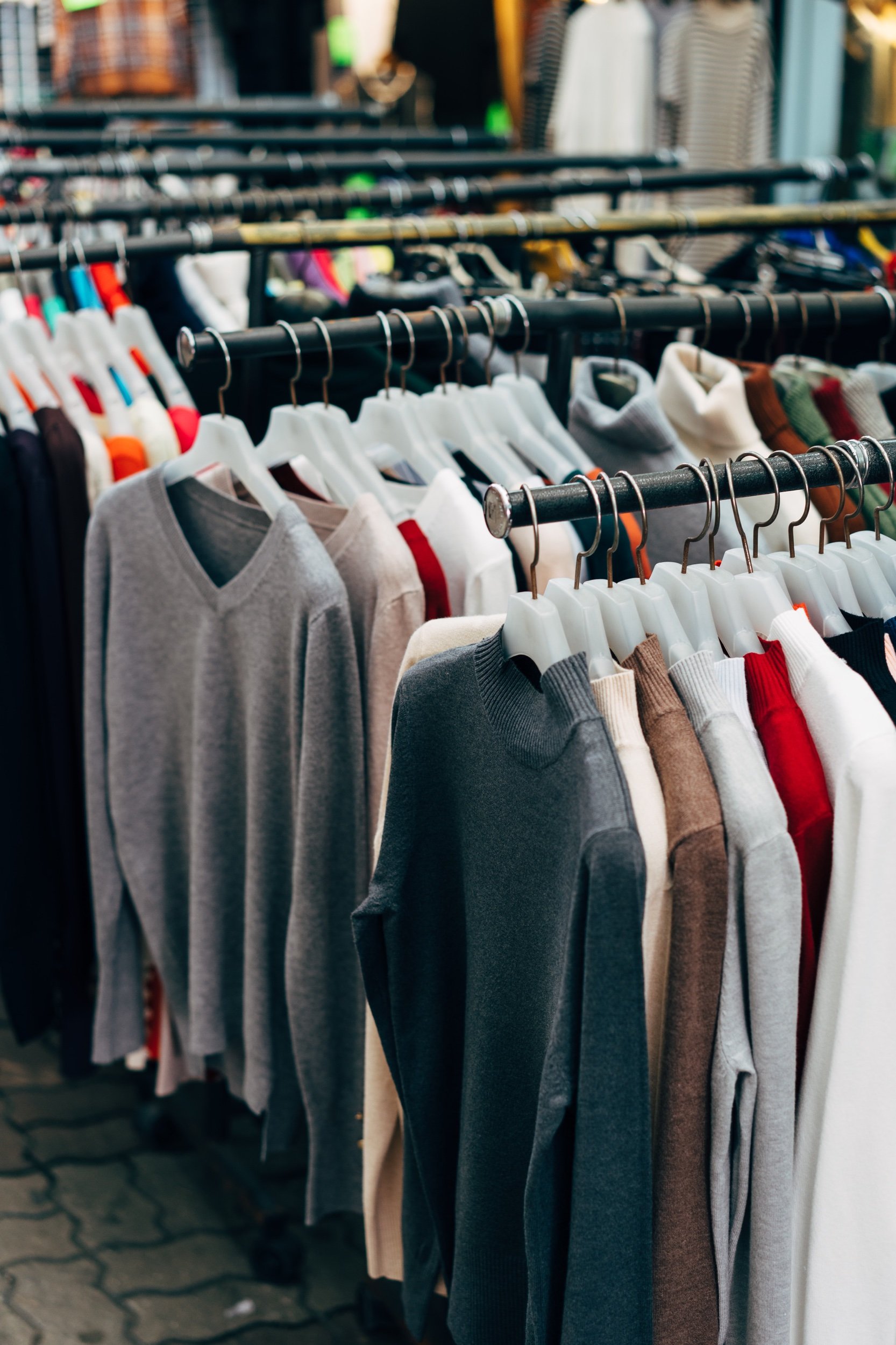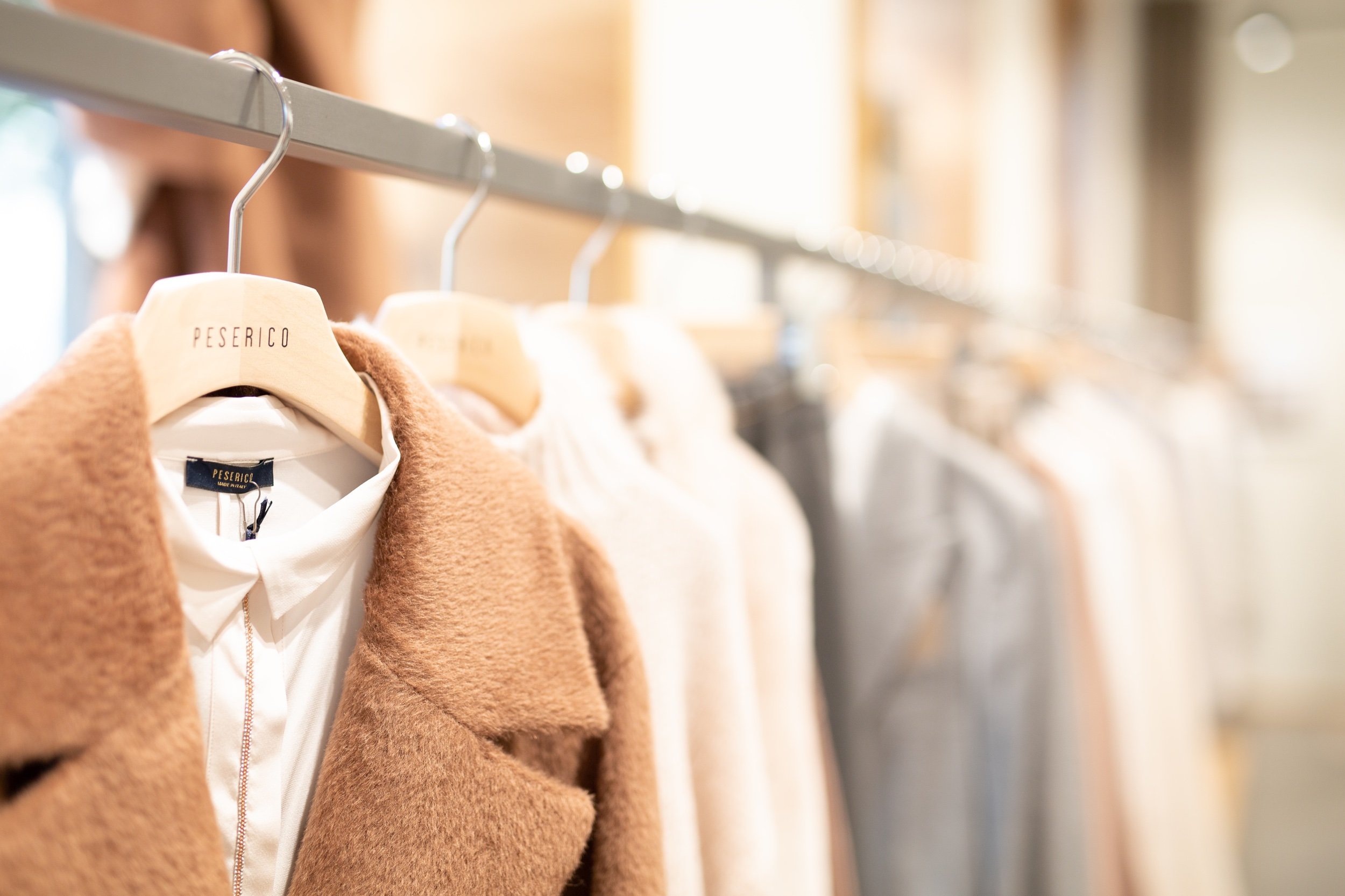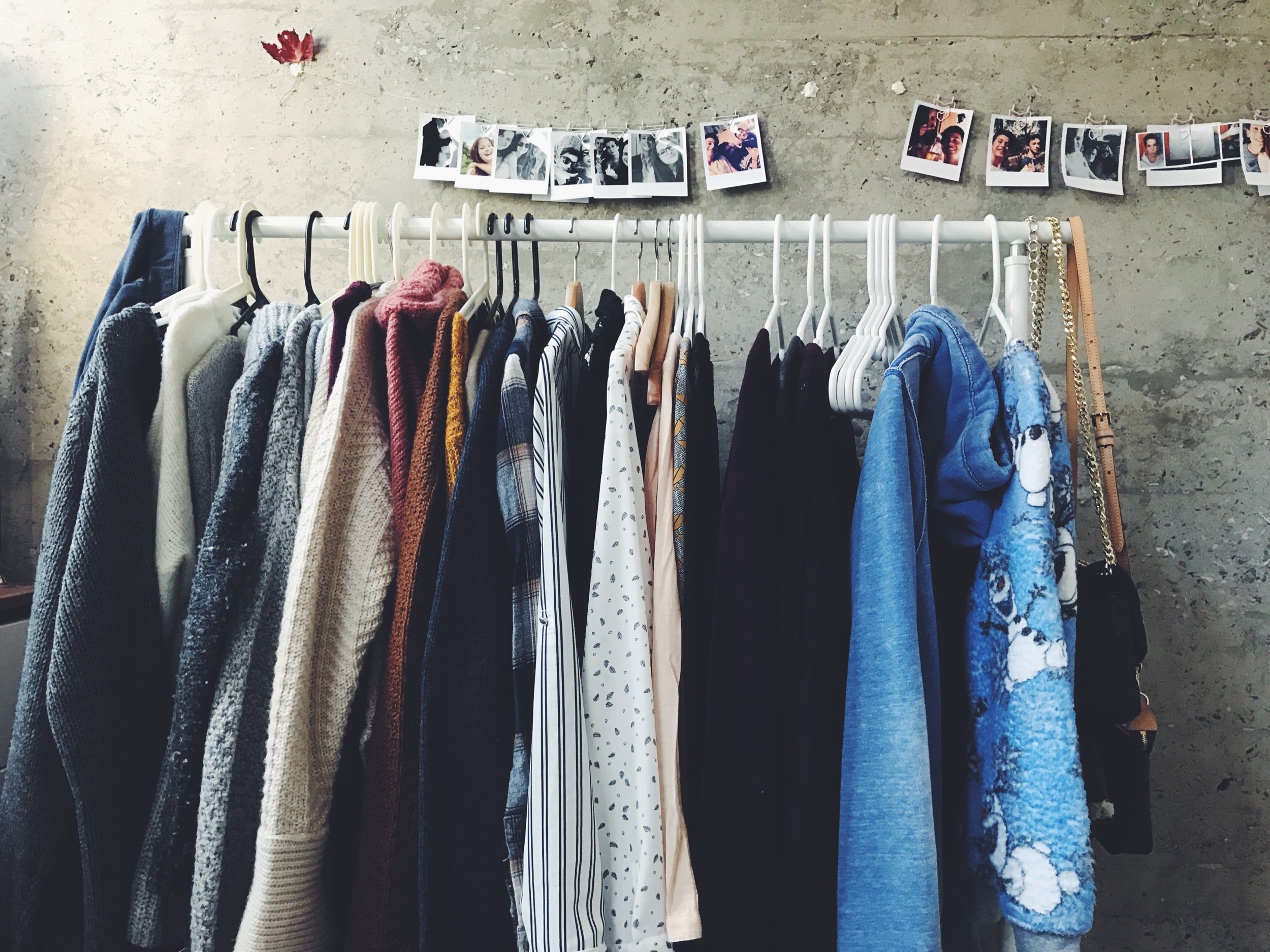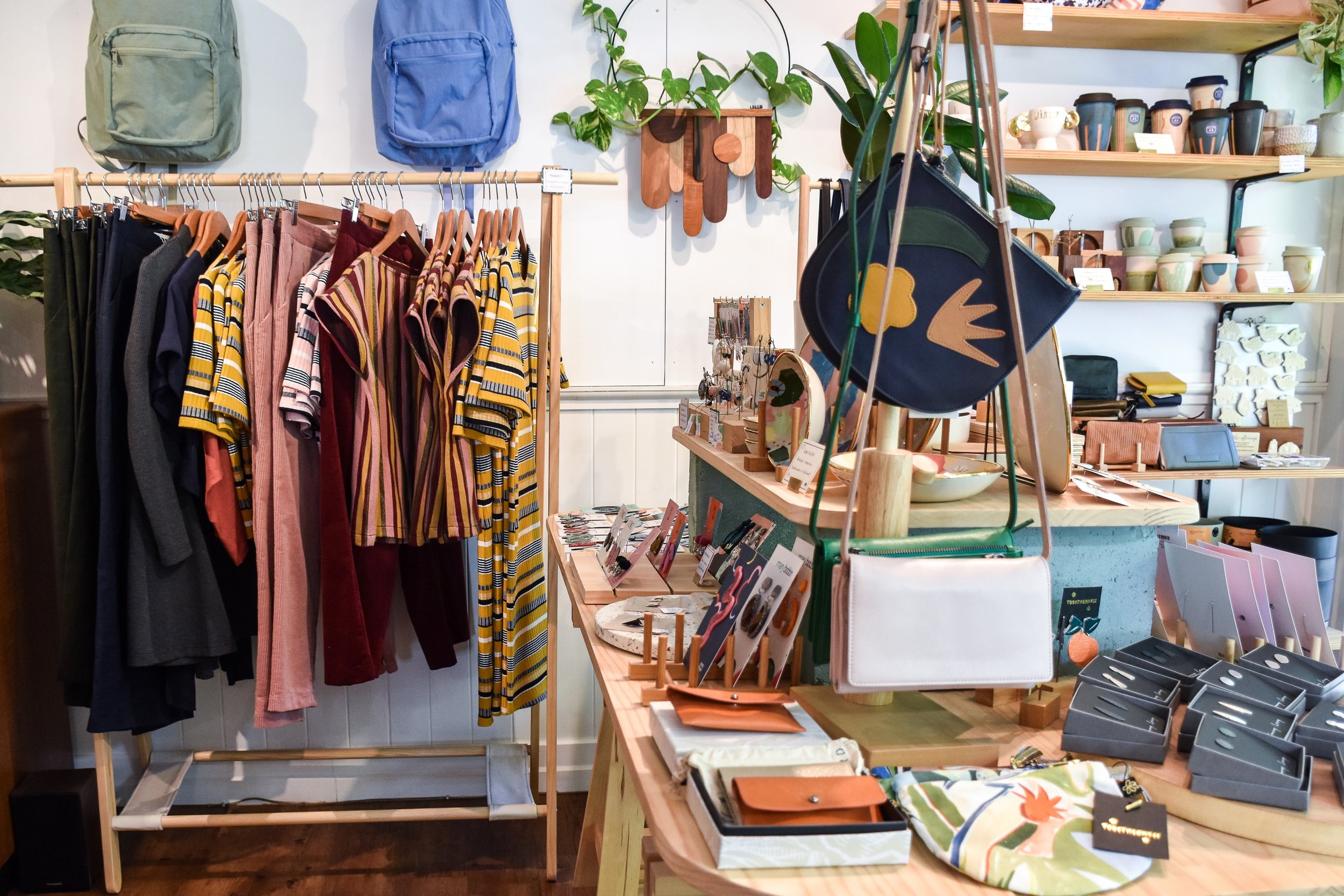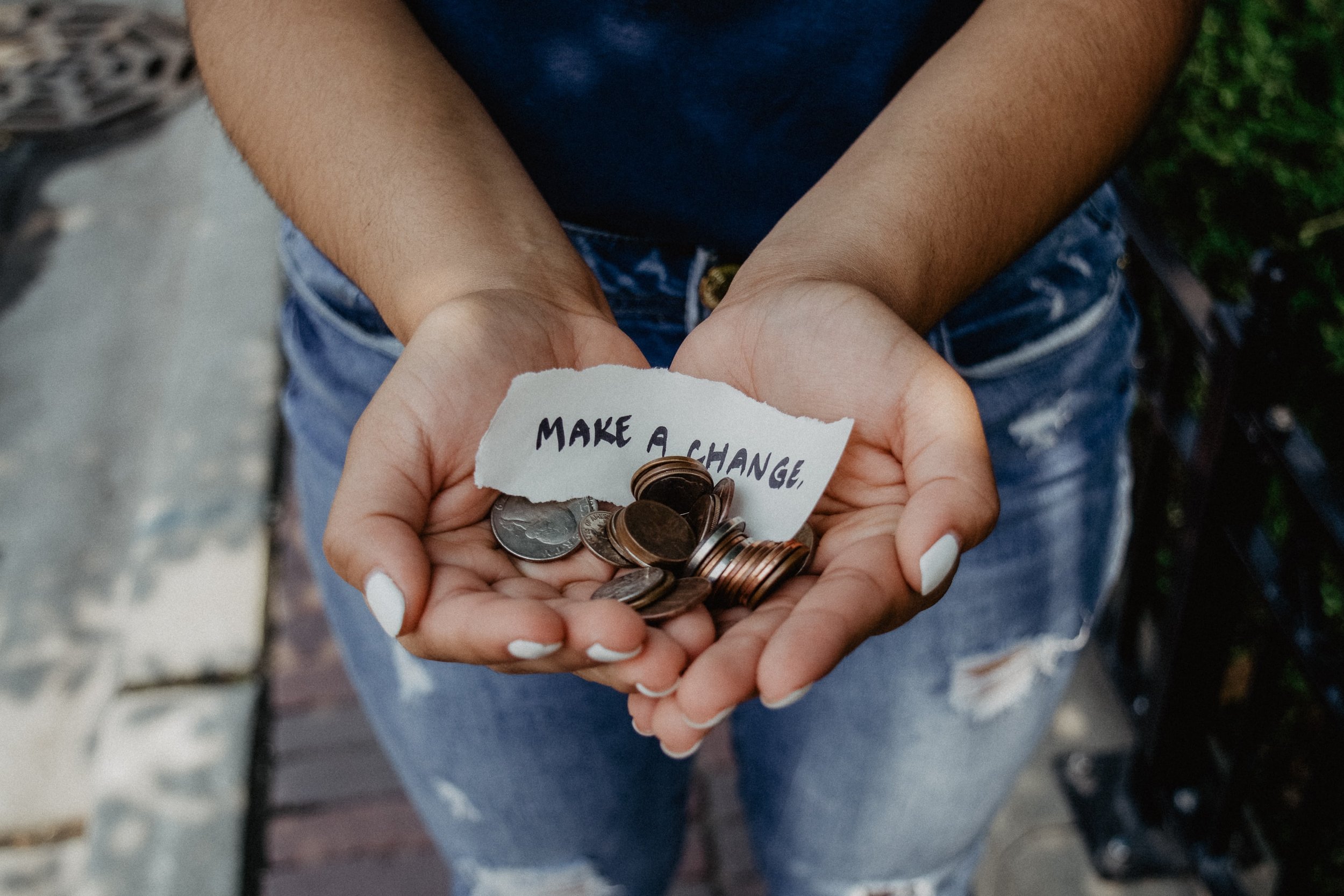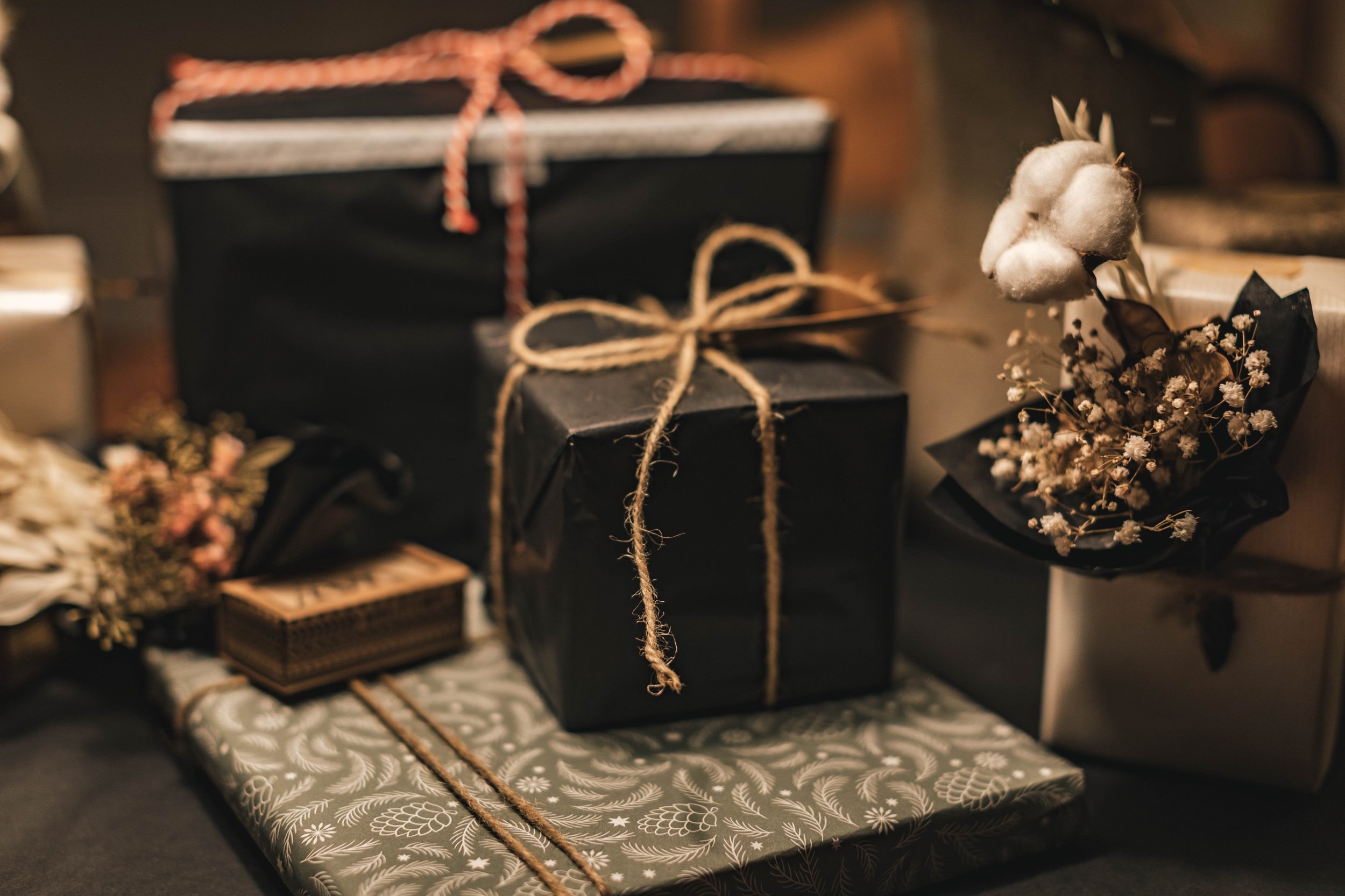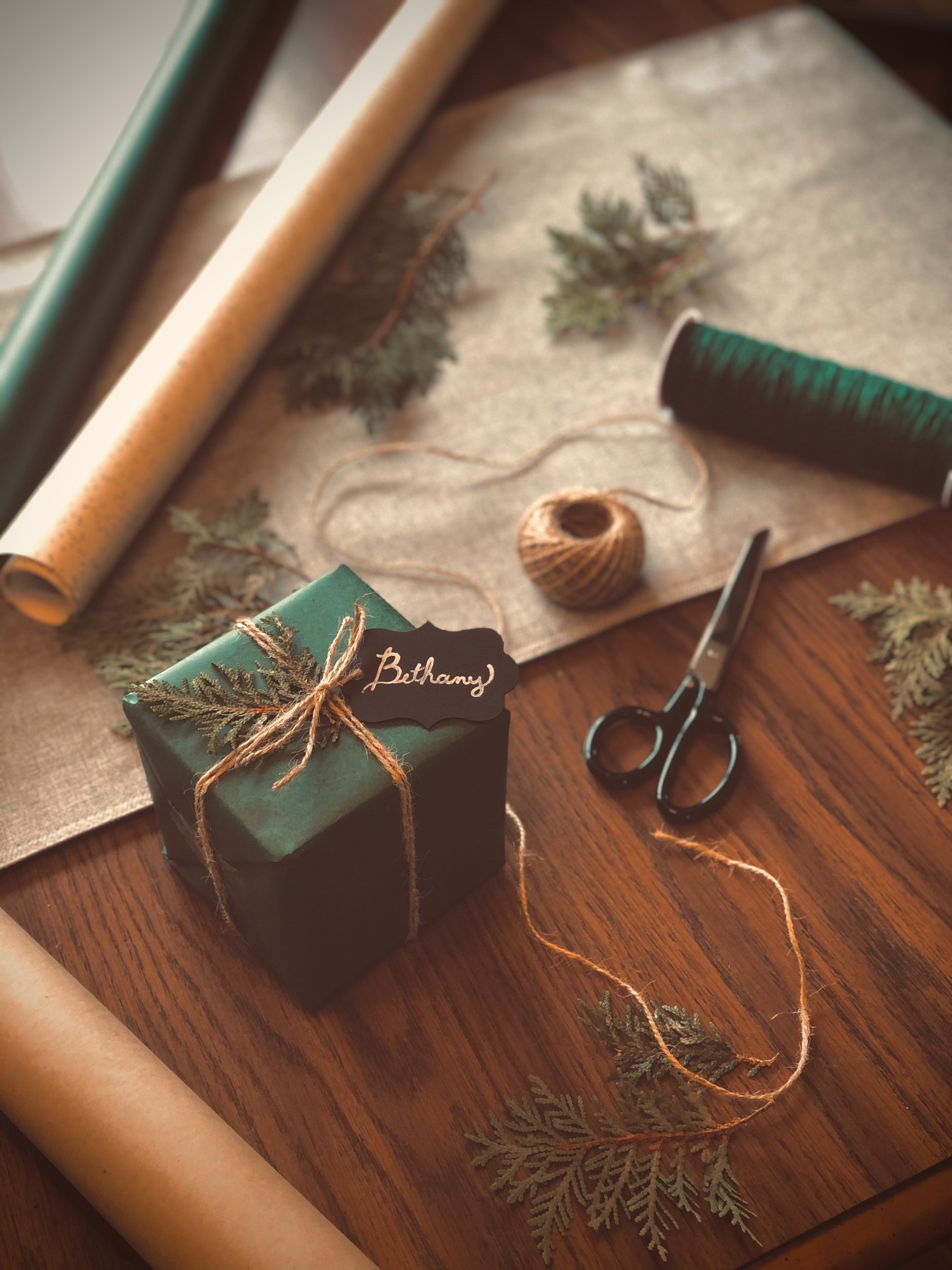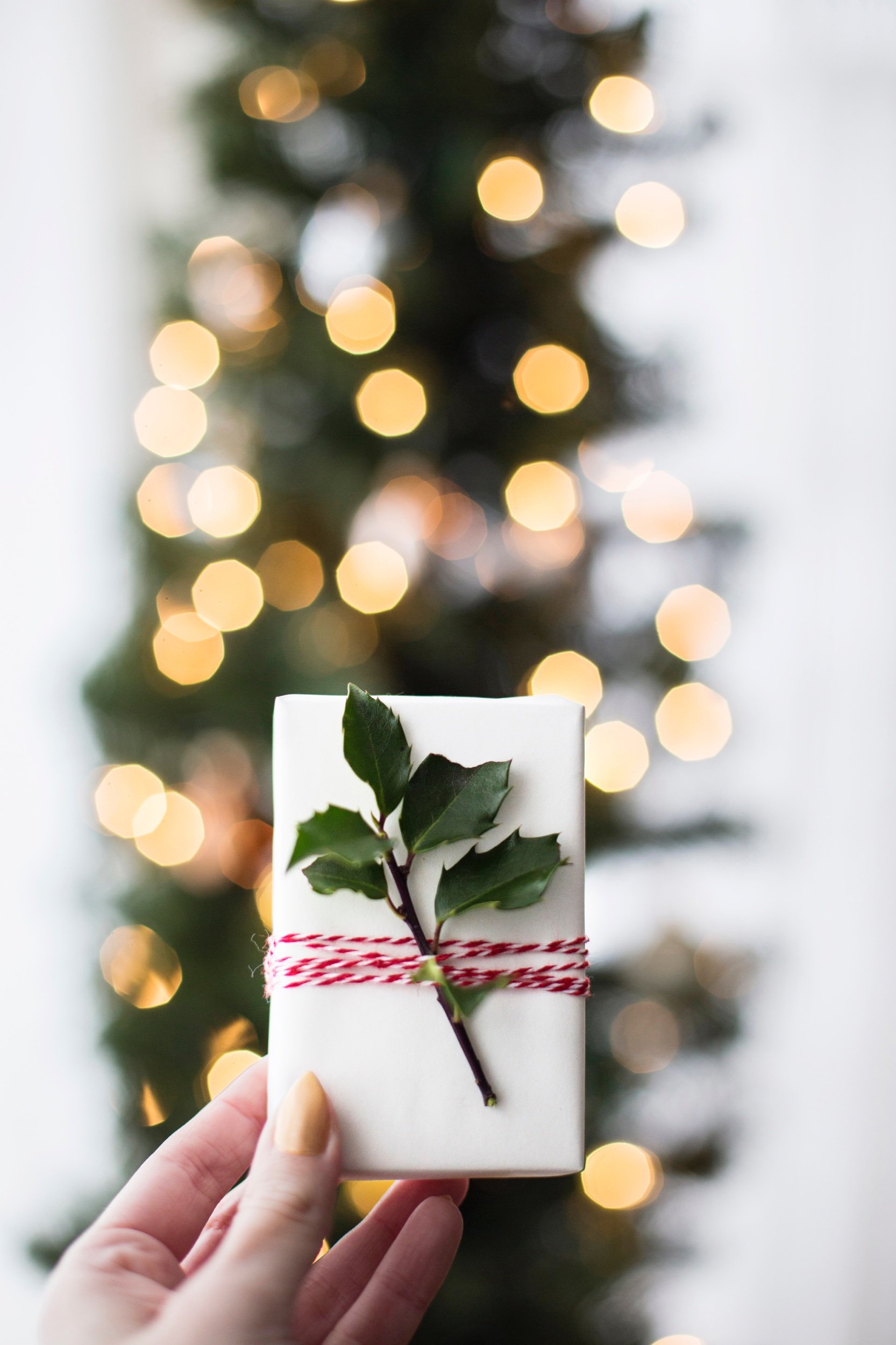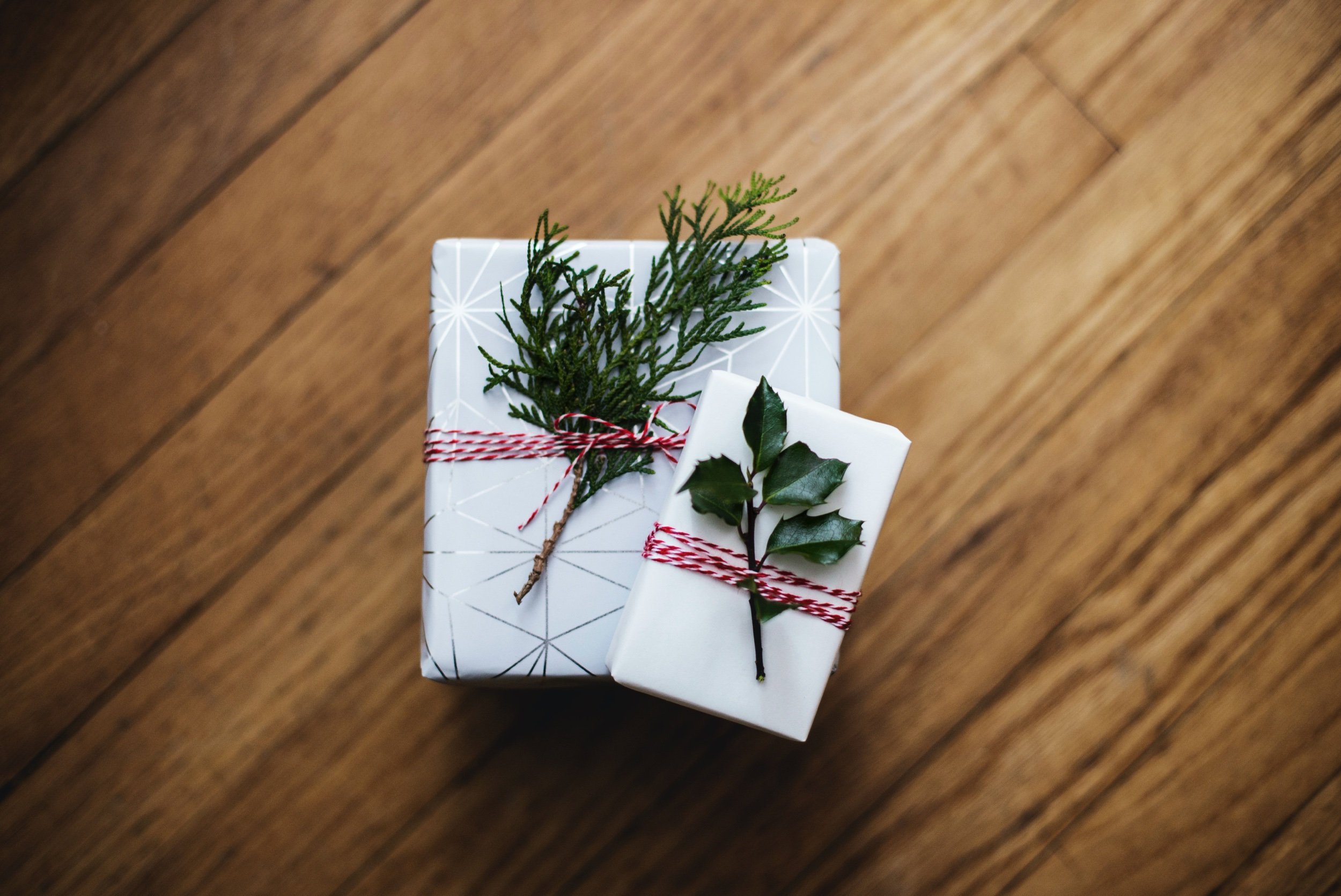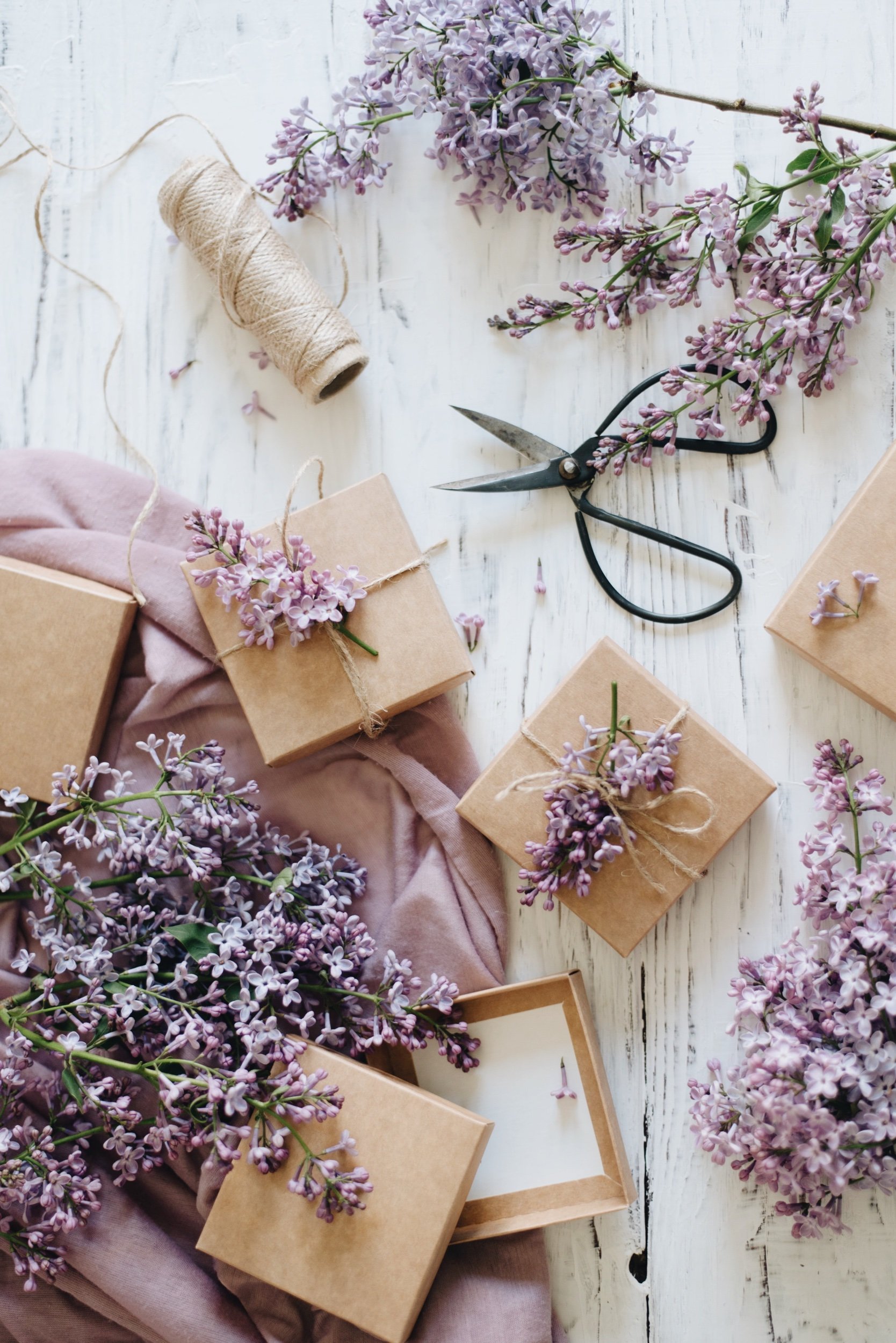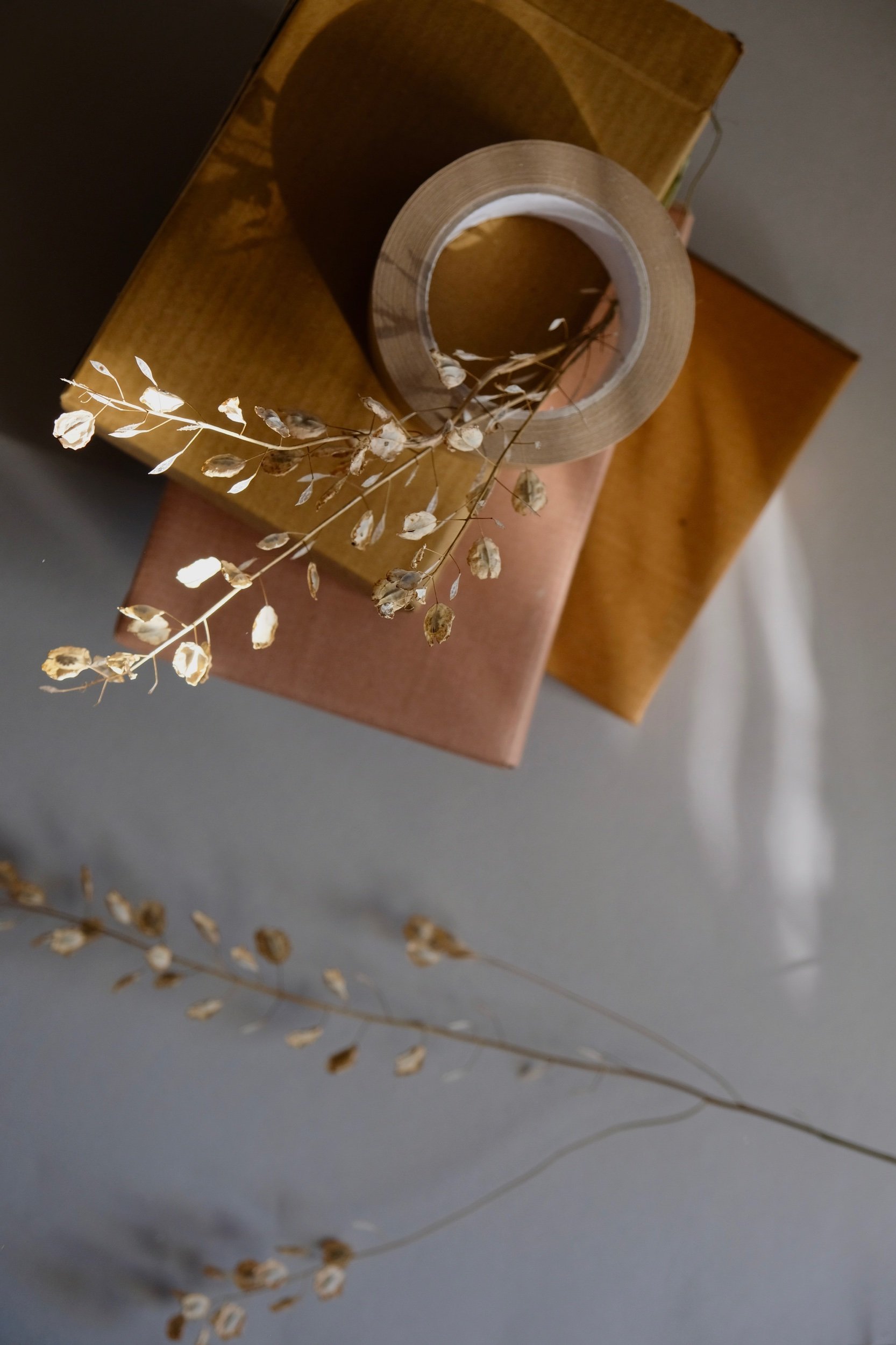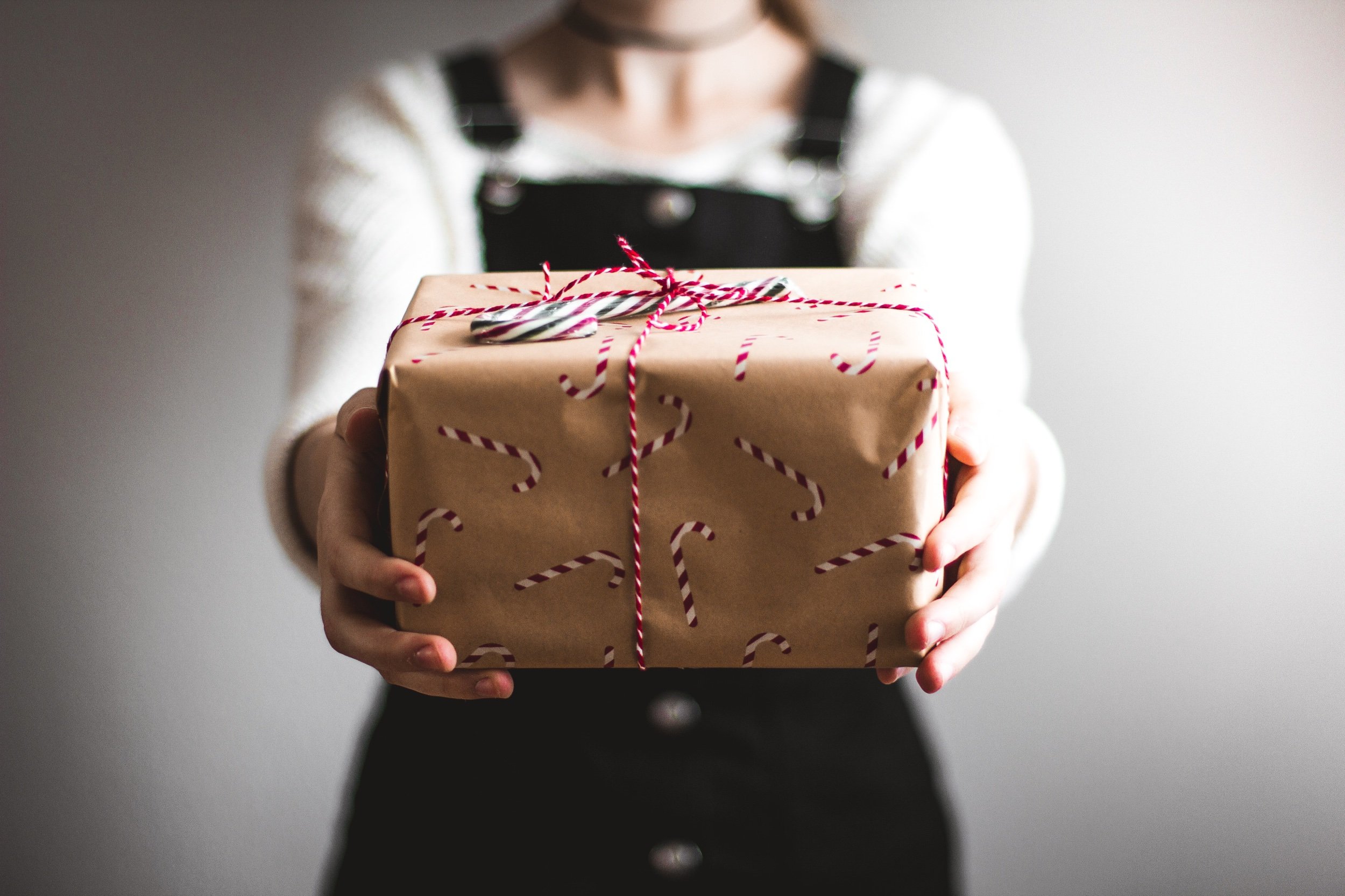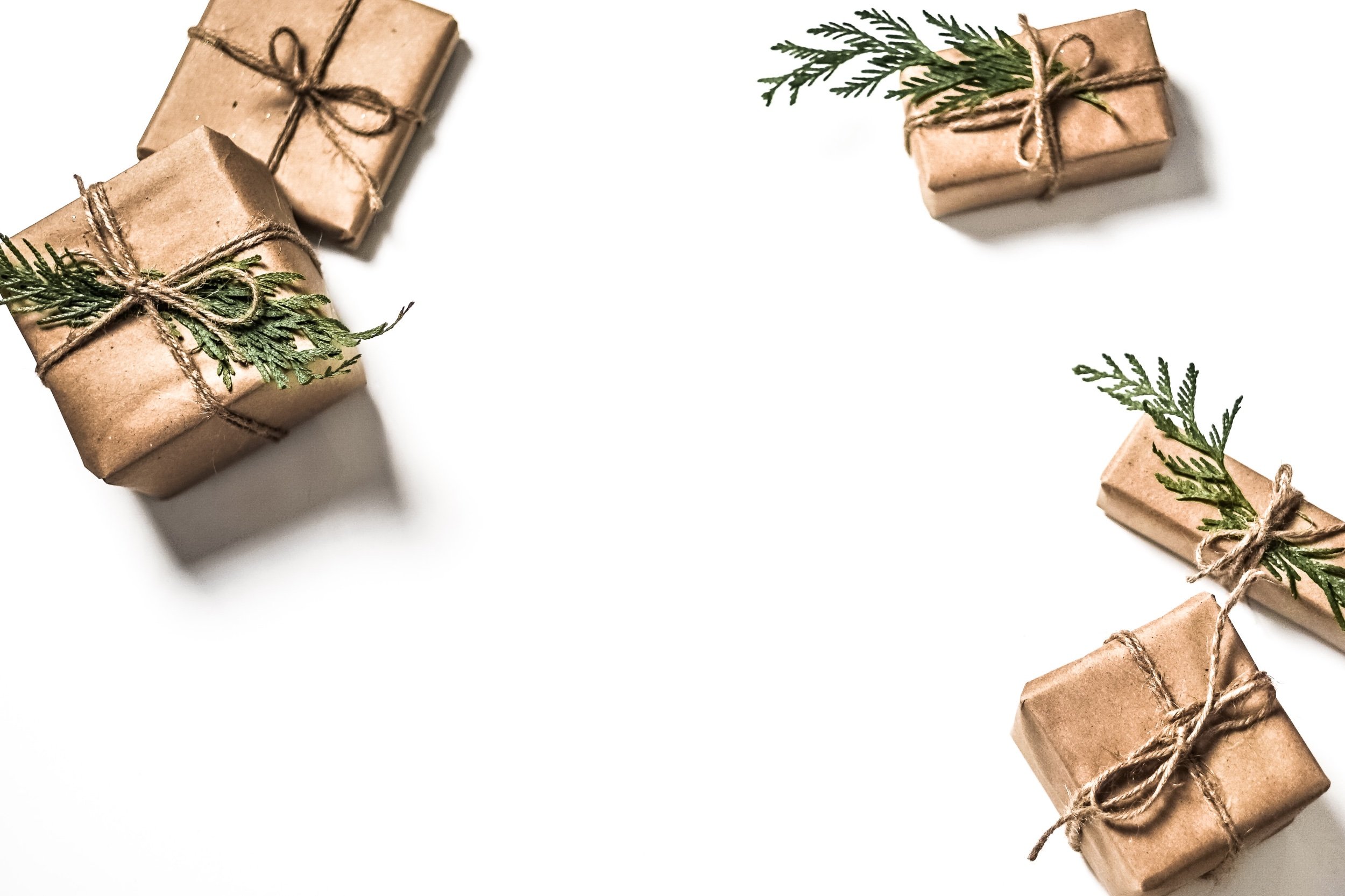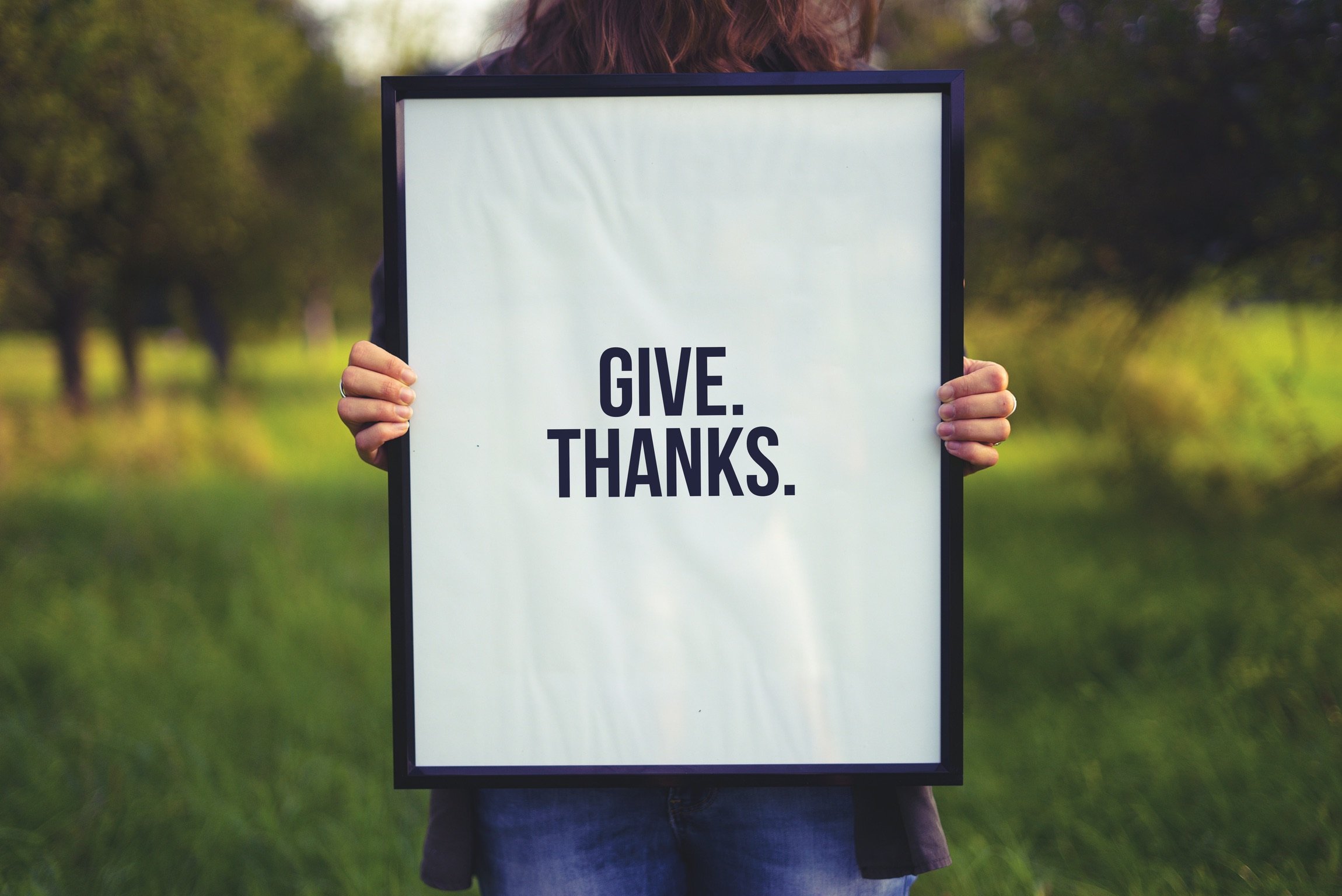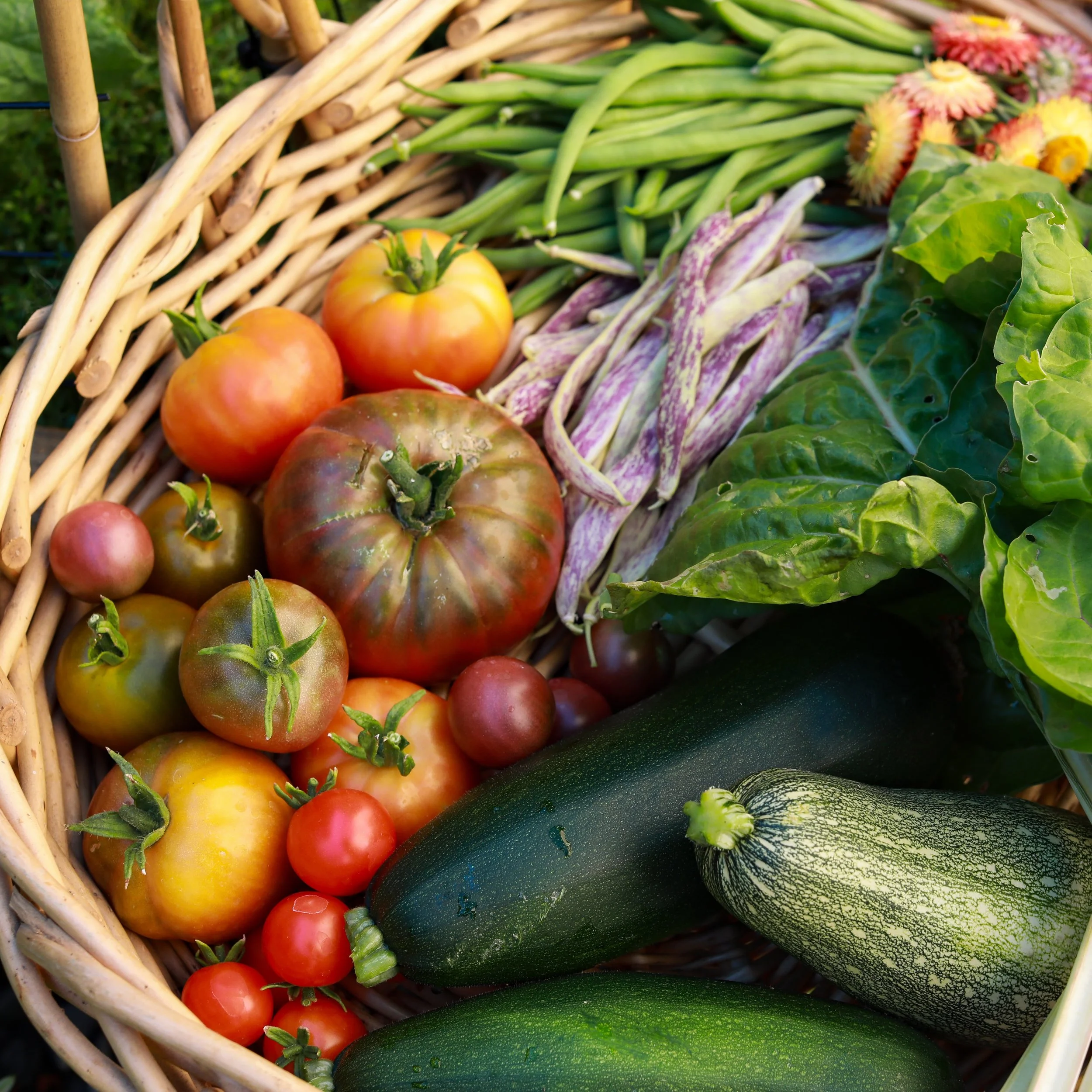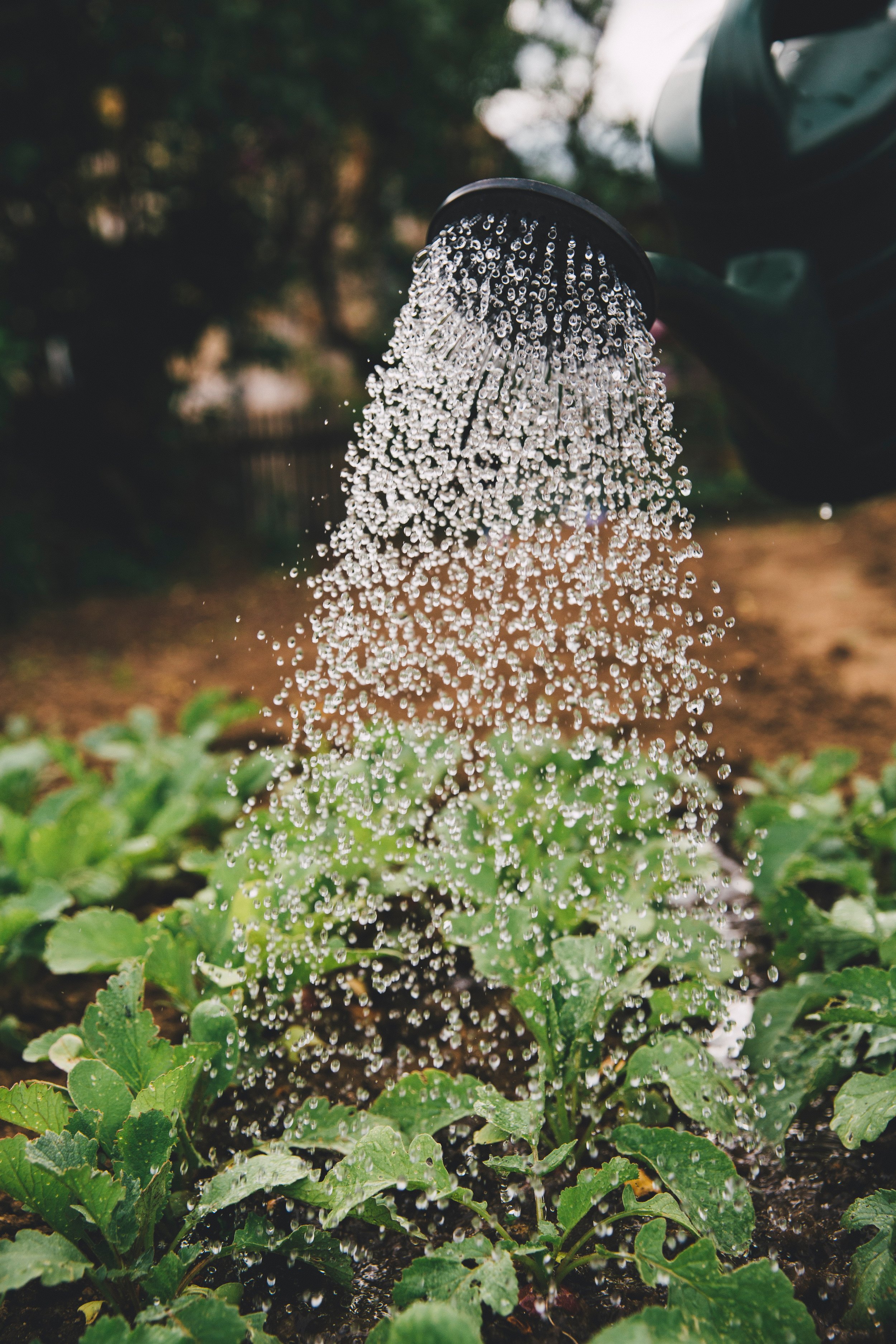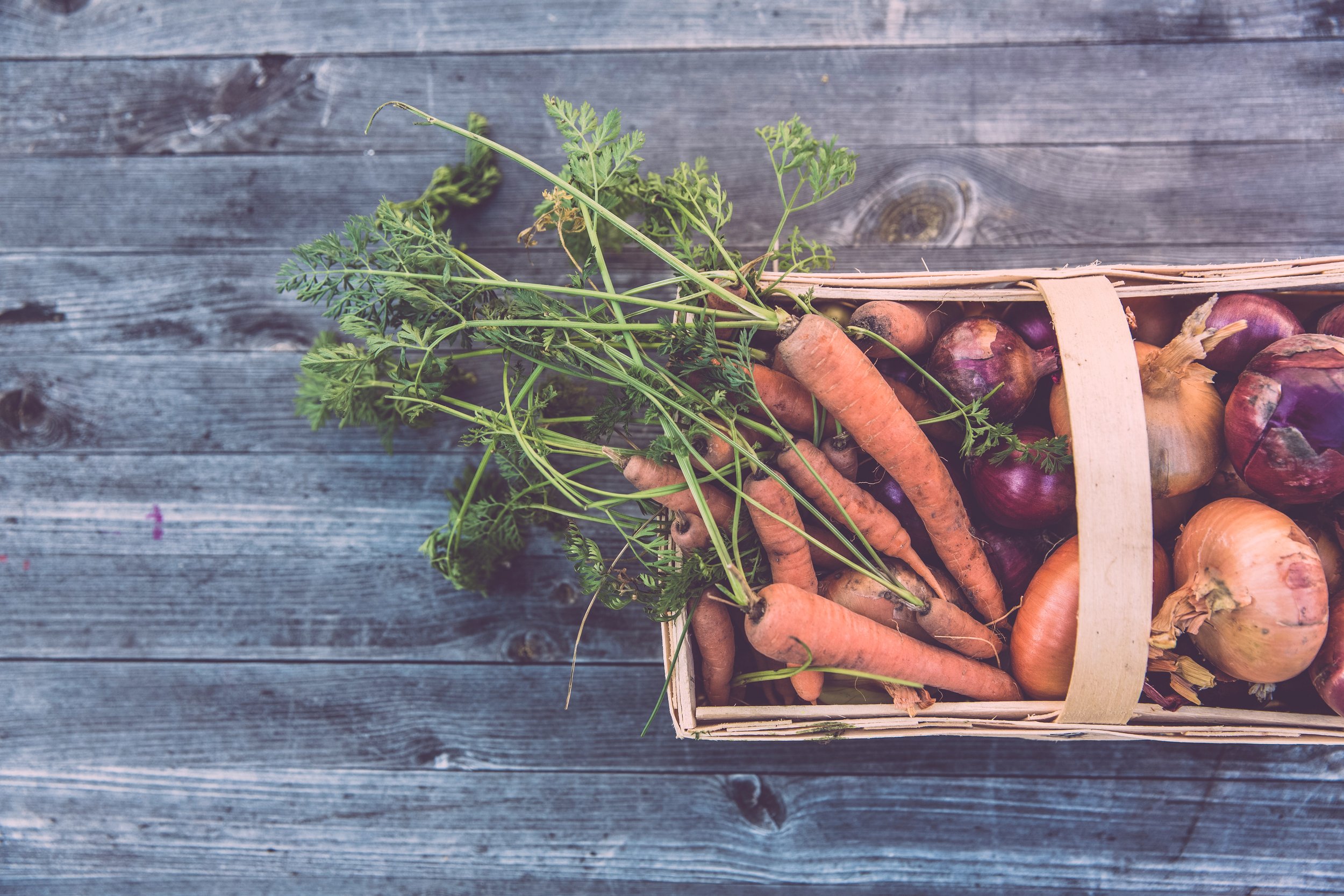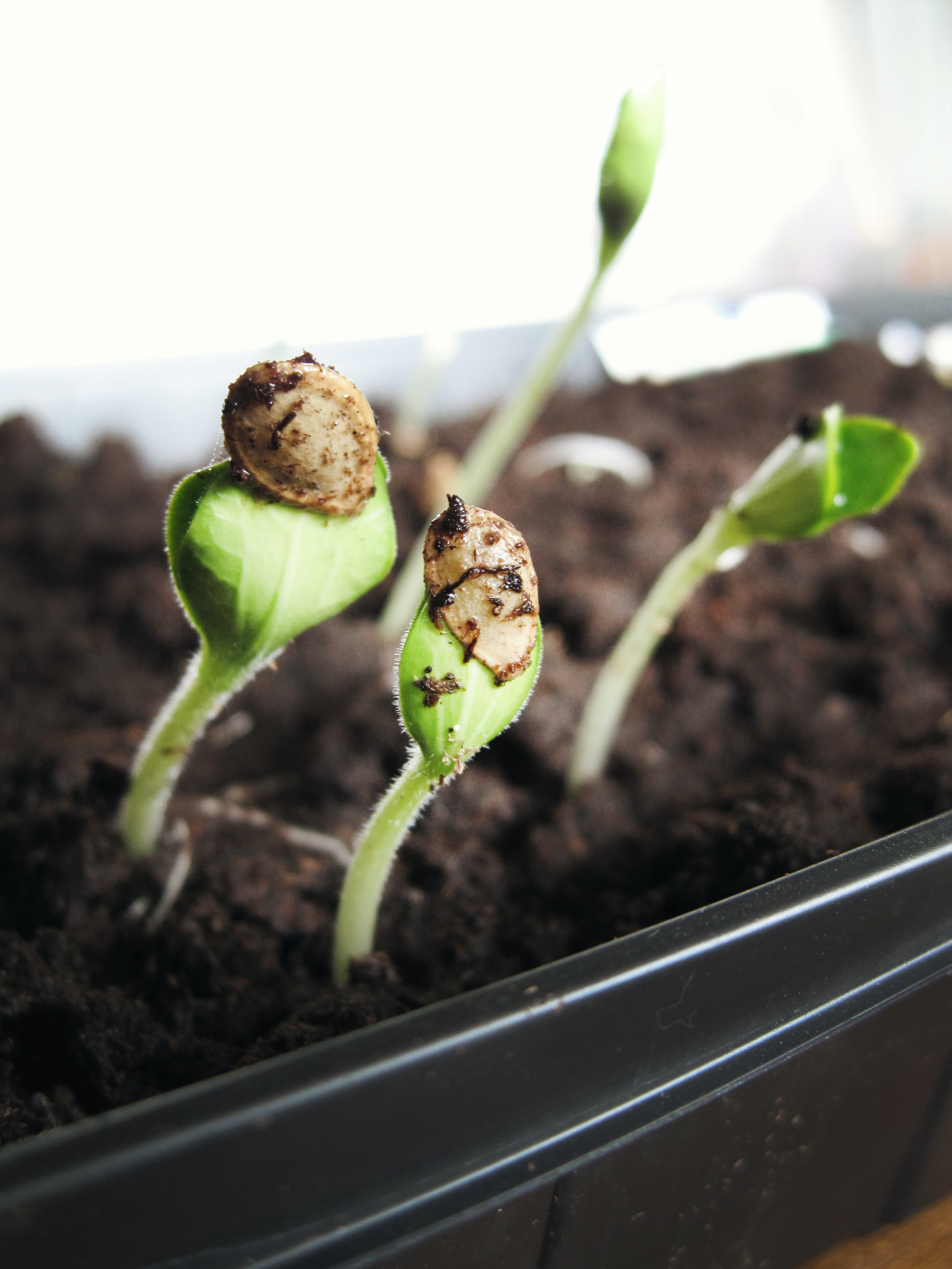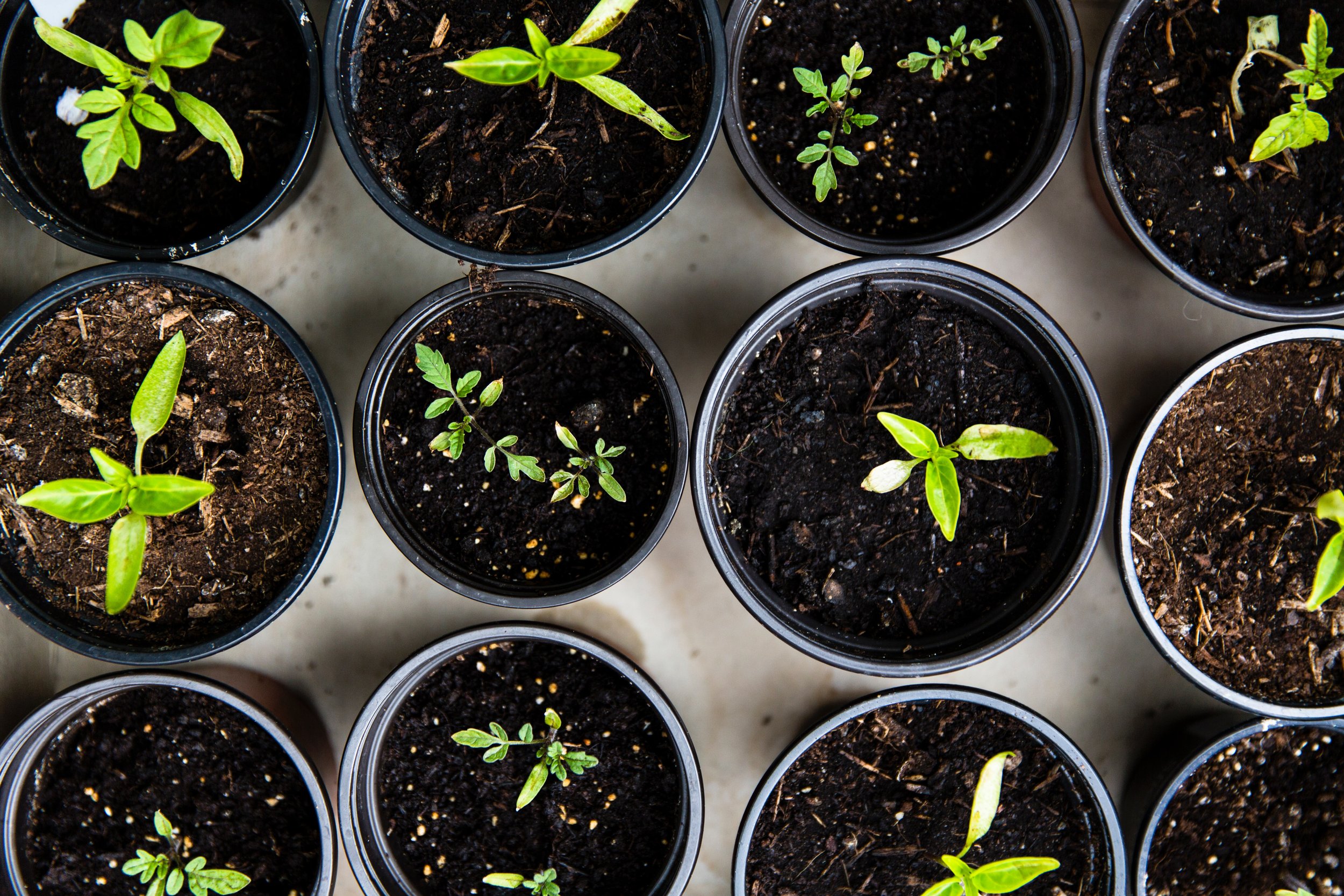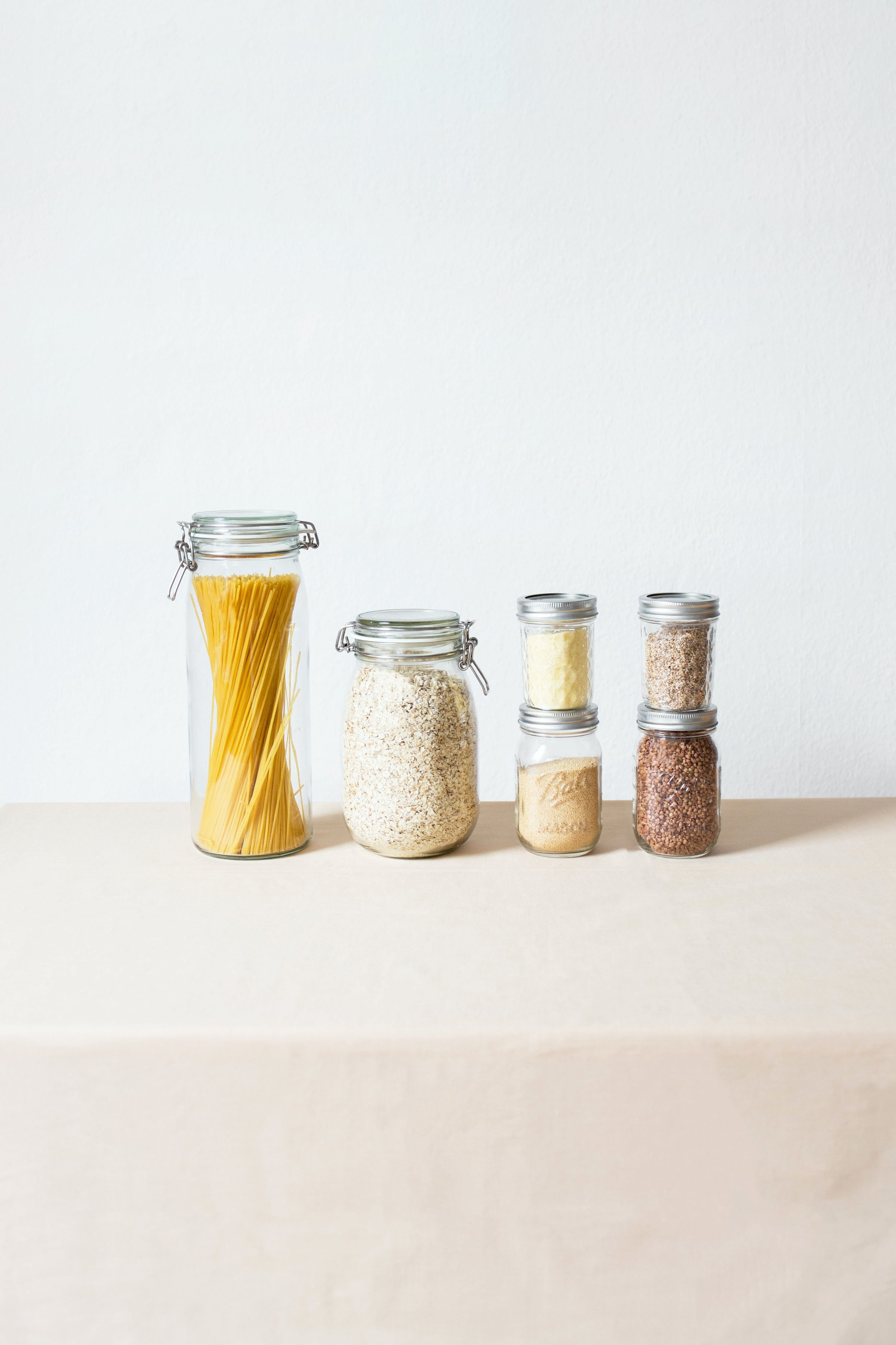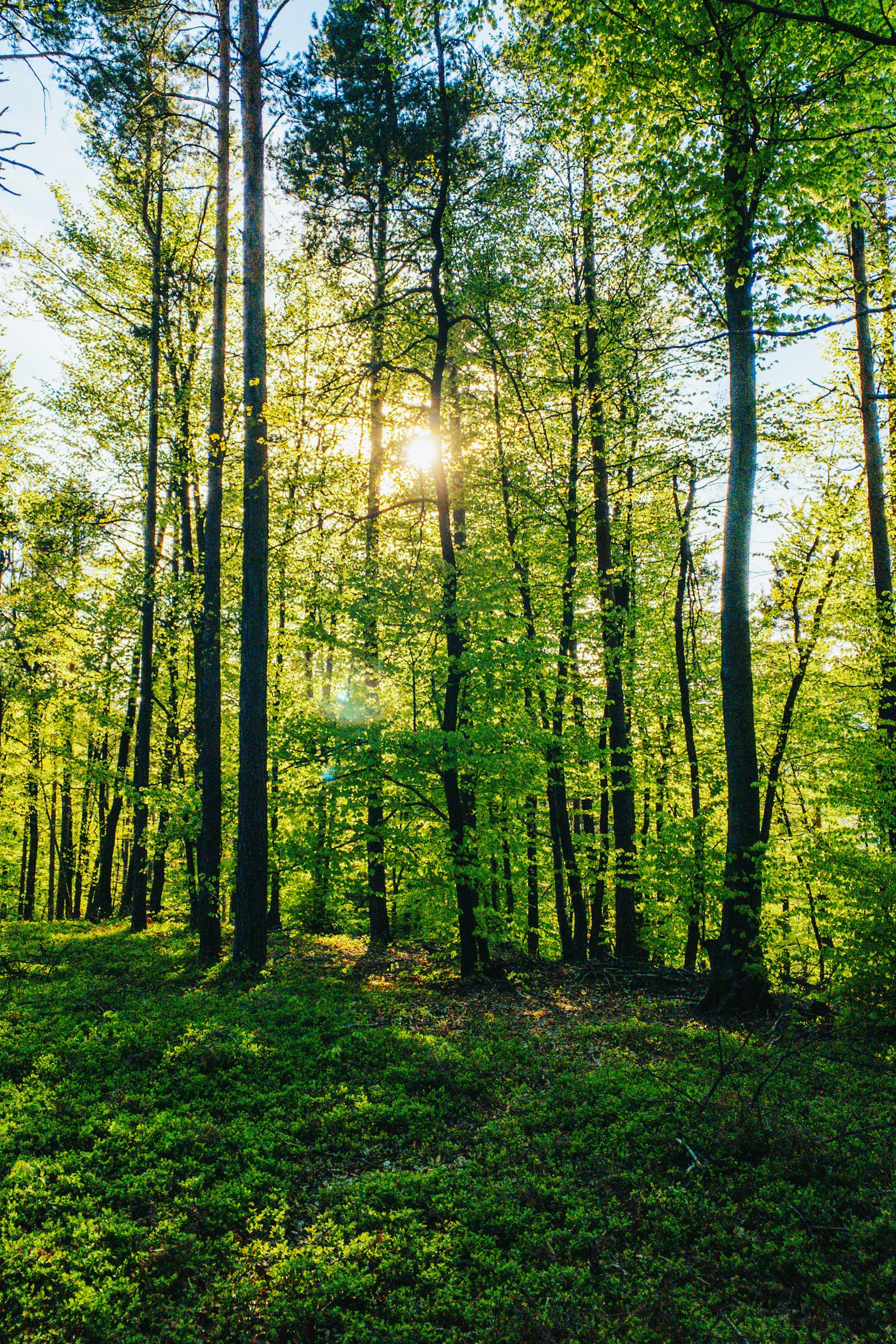How to Create a Sustainable Beauty Routine
In a world where beauty trends change rapidly, it’s easy to accumulate products that harm both the environment and our skin. But beauty doesn’t have to come at the cost of sustainability.
By making mindful choices, we can build a beauty routine that’s both eco-friendly and effective. Not sure how sustainable your beauty products are? Try our free quiz!
Here’s how to embrace a sustainable beauty routine without compromising on quality or results.
Photo by Kalos Skincare on Unsplash
1. Choose Sustainable and Ethical Brands
The easiest way to make your beauty routine greener is by supporting brands that prioritise sustainability. Look for companies that:
• Use natural, organic, or upcycled ingredients (COSMOS*)
• Offer refillable or minimal packaging.
• Commit to cruelty-free and vegan formulas (Ve or Leaping Bunny)
• Support ethical sourcing and fair-trade practices.
• Are B Corps
*COMOS = Cosmetic Organic and Natural Standard
Look out for small local sustainable brands at Makers’ Markets and indie makers’ shops.
Photo by Viva Luna Studios on Unsplash
These well-established companies are all UK-based
• B- Corp, The Body Shop is well-known for its affordable eco-friendly beauty products. It uses 100% recycled plastic in many of its products, is committed to Fair Trade and offers a recycling program in stores.
• Lush is famous for its fresh, handmade cosmetics. Using minimal packaging, they encourage customers to return containers for recycling. Their products are often vegan and cruelty-free.
• Neal's Yard Remedies emphasizes organic and natural ingredients. They use recyclable packaging and have a strong commitment to sustainability and ethical sourcing.
• Rituals focuses on creating luxurious products inspired by ancient traditions. They are committed to sustainable practices and use recyclable materials in their packaging.
• Green People specialises in organic skincare and beauty products prioritising natural ingredients and eco-friendly packaging. Certified cruelty-free, they offer many vegan products.
• Wild makes refillable deodorants that use sustainable materials. The brand emphasizes reducing plastic waste and offers a range of natural, vegan options.
• Flora & Curl specialises in natural hair care products for curly hair. They use organic ingredients and eco-friendly packaging, focusing on sustainability and ethical sourcing.
• Evolve Beauty offers a range of natural and organic skincare products made in small batches in the UK. They use sustainable packaging and focus on eco-friendly practices throughout their production process.
Photo by Eir Health on Unsplash
2. Simplify Your Beauty Routine
Less is more when it comes to sustainability. Instead of multiple using products, opt for multi-purpose beauty essentials like:
• A tinted moisturiser with SPF—hydrates, protects, and evens out skin tone.
• Multipurpose balms—great for lips, cheeks, and cuticles.
• Cleansing oils—remove makeup and cleanse skin in one step.
Photo by mahdi chaghari on Unsplash
3. Switch to Plastic-Free & Refillable Packaging
The beauty industry generates 120 billion units of plastic waste annually, most of which isn’t recyclable. Opt for:
• Glass, metal, or bamboo packaging instead of plastic.
• Refillable beauty products, such as shampoos, foundations, and perfumes.
• Solid beauty bars (shampoo, conditioner, and cleanser) to cut down on single-use bottles.
Many sustainable brands including Lush, Neal’s Yard, Beauty Kitchen and Evolve Organic Beauty offer postal refill services, making it even easier to reduce packaging waste.
Photo by Towfiqu barbhuiya on Unsplash
4. DIY Your Beauty Products
Making your own beauty products reduces waste and ensures clean, natural ingredients. Simple DIY ideas include:
• Face mask: Mix oats, honey, and yogurt for a soothing treatment.
• Body scrub: Combine coffee grounds, coconut oil, and sugar for an exfoliating scrub.
• Lip balm: Melt beeswax, shea butter, and coconut oil for a nourishing balm.
5. Beauty Tools Swaps
Swap disposable beauty items for reusable alternatives, such as:
• Bamboo makeup brushes and toothbrushes instead of plastic ones.
• Reusable cotton rounds or cloths instead of single-use wipes.
• Menstrual cups or reusable pads/ pants instead of disposable tampons.
• Safety razors instead of plastic razors.
Photo by Nataliya Melnychuk on Unsplash
6.Recycle and Repurpose Your Products
When you finish a product, check if the packaging is recyclable. Some brands, like Lush and MAC, offer take-back programs where you can return empty containers in exchange for discounts or free products.
To make it even easier to recycle, the British Beauty Council launched The Great British Beauty Clean-up in March this year. Visit their site to locate your nearest Beauty Takeback Recycling Point
https://britishbeautycouncil.com/recycling-points/
You can also repurpose jars and bottles—use them for DIY beauty products, storage, or even as plant holders!
Go to the end to download our handy free recycling chart.
Photo by Marine Sintes on Unsplash
7. Add a recycling bin to your Bathroom
Research shows that bathroom and beauty products often get left out of recycling routines and end up in landfill. Putting a small recycling bin makes it easier to send paper and plastic products to the right place.
Look out for small “double” bins with two compartments if you are short of space.
Photo by Alexander Mass on Unsplash
8. Support Sustainable Beauty Trends
The beauty industry is evolving, and sustainability is at the forefront. Some exciting trends include:
• Waterless beauty—concentrated formulas with little to no water usage.
• Upcycled ingredients—brands using byproducts from food industries (like coffee or fruit peels) in skincare.
• Slow beauty—prioritising quality, multi-use products over excessive consumption.
By supporting these innovations, you help push the beauty industry toward a greener future.
Photo by Nataliya Melnychuk on Unsplash
9.One Swap at a Time
Sustainable beauty isn’t about perfection—it’s about progress. By making small, conscious changes, you can reduce waste, support ethical brands, and create a routine that’s kinder to both your skin and the planet.
Start where you can and remember: every sustainable swap makes a difference!
#SustainableBeauty #EcoFriendlySkincare #GreenBeauty #ZeroWasteBeauty #MindfulLiving
Sustainable Beauty Quiz
Photo by Fleur Kaan on Unsplash
Free Beauty Product Recycling Chart
How to Approach Sustainable Gift Giving
We all know that sometimes we give and receive unwanted gifts. There is a huge amount of waste produced, and it comes at an expense to our pockets and the planet.
Here are some tips on sustainable gift giving!
Regift!
We’ve all been there. The giver is well-meaning but the gift misses the mark! Here are some ideas for what you can do to stop them ending up in landfill.
In the past it has been frowned-upon to re-gift an unwanted present, but now that people are more aware of the huge problem of waste, it is becoming more acceptable.
We think it’s a great way to reduce waste. If you know the other person would really like the gift, then it’s a win for everyone and the planet too.
If you can’t think who would like it, you can always send your gift to a charity or give it away to friends and family. Much better than letting it gather dust or binning it.
Know the receiver
Giving good gifts often involves research especially if you’re not close to the person you’re buying for. If you can’t remember how old your niece or nephew is or what they’re in to, find out from their parents. Children’s interests often change quickly as they grow. If in doubt, ask for a suggestion.
If you can’t know the receiver because you’re doing Secret Santa, choose something that most people will appreciate or use, like chocolates, a mug, fancy tea/coffee, socks, a voucher, or a small charity donation.
Give money or gift cards!
Many think giving money or gift cards is unthoughtful but actually it’s less wasteful and the receiver can get something they really want. This works especially well for teenagers and children whose tastes change quickly. Many kids will appreciate having the choice.
Quality not quantity
Do they really need 5 or 15 or 25 parcels to unwrap? Do they really want that crazy Christmas scarf/t-shirt/hat/mug that will be hilarious for 10 minutes then end up with all the others in the loft or in the bin?
Choosing quality over quantity is a great way to avoid waste. Hold back and be thoughtful.
Sustainable gifting ideas
Experience gifts
Experience gifts are usually very low waste! There is a huge choice available from gifting companies or you can organise something special yourself. Book something you will both enjoy. A restaurant, a photo shoot, gig or theatre performance.
Experience gifts don’t need to be expensive. You could give a voucher for a massage, babysitting, a home-cooked meal or even car cleaning!
Eco gifts
Give plants, bulbs herbs, anything people can use for their garden.
Handmade gifts can be really special.
Make simple things like jars of ingredients with recipes, homemade candles, knitted items... there a lots of ideas on Pinterest, something for all skill levels.
Edible gifts are great and usually won’t go to waste!
Think about what it’s made of
Whilst shopping, always thing about the materials involved in the gift. Try to avoid plastics as these are harder to dispose off. Find organic, natural materials which. Search for organic food and drink or ones with certifications. Use recycled paper and FSC material.
Clothing made with recycled fabrics is a great option.
Shop Sustainable Brands
There are more and more sustainable retail brands to choose from. Include “sustainable” in your internet search and you’ll get plenty of hits. You can check their credentials by looking on their websites for certification as ethical, organic or zero waste.
Clothing from sustainable brands makes great gifts. An investment piece can last a lifetime, be beautiful and useful. Many brands have seasonal discounts or sample sales where you can get great bargains.
Shop Vintage
Charity shops can be full of giftable treasure. And there are more and more vintage shops appearing. Shopping second hand is a great way to be sustainable and gift unique and thoughtful gifts.
You can pick up fantastic clothing bargains if you take your time and look for good labels.
Vintage and charity shops are a great source of unusual and affordable homeware gifts.
Shop Local
Online shopping is easy but we think local Christmas shopping can be a lot more fun and festive! Buy from local, small businesses or get really Christmassy with a trip to a Christmas Craft Market in your town centre, school or place of worship.
Donation and adoption gifts
Give a gift of a donation to a charity that is important to the receiver. Send it on behalf of the person you’re giving the gift to and include a card explaining what you’ve done.
Adopt an animal. You could choose a local small charity that looks after animals or an international or world wide organisation.
Many charities offer lovely gifts that support the organisation. These can be really good for kids. The Worldwide Wildlife Fund is just one example.
Clever Sustainable Online Shopping
Plant trees as you shop! Well, let someone else do it for you! It’s always great to use websites like Ecosia to do your shopping online as they plant trees whilst you browse, off-setting your carbon footprint.
Sustainable gift wrapping
Furoshiki is the Japanese art of gift wrapping with fabric.
This is such a beautiful, sustainable form of gift wrap and the fabric itself can be part of the gift. You can buy a variety of patterns, prints and sizes of ready-made furoshiki wraps or make your own. There are online tutorials for easy ways to wrap specific shapes like books or wine bottles.
Reuse wrapping paper, keep wrapping paper or gift bags from previous gifts.
Print on brown paper or add dried leaves, twigs and dried fruits with rope or ribbon.
Use old books, newspapers, music sheets magazines as wrapping paper.
Ditch plastic sticky tape and use eco Japanese paper washi tape, biodegradable brown paper tape or use ribbons to wrap and fasten.
We hope this gives you some ideas on how to do sustainable gift giving!
Sustainable Gift Giving Checklists
Gift Ideas
Find things to re-gift
Give experiences including paid-for and free things you can do
Money and gift cards
Plants, bulbs, herbs, other garden stuff
Make gifts (check Pinterest)
Edible gifts like chocolates, alcohol, fancy soft drinks, sweets, cheese, nuts
Vintage clothing
Vintage homeware or books.
Adopt an animal
Give a charity gift
Choosing Gifts Checklists
Know the receiver
Choose something edible or useful for Secret Santa gifts
Go for quality not quantity
Think about what it’s made of
Shop sustainable brands
Shop vintage
Shop local
Shop Christmas Markets
Use websites like Ecosia to help the planet while you browse
Use sustainable wrapping
How to be Organic
Organic September is raising awareness of the incredible benefits of organic farming. It is extremely beneficial for the climate nature and our health. It encourages people to produce and consume organic products.
Organic farming promotes ecological balance of the natural resources and prevents consumption of harmful chemicals and protects the wildlife and environment.
Here are some tips for being more organic:
- Join an organic community
This will help with research and finding out information on where to buy products and be supported by like minded people. There are many Facebook groups and local community groups you can join. You can sign up to organisations that send out emails on sustainable living. Some places do community vegetable boxes that are grown by locally
- Grown your own vegetables
The best way to be organic and to know there are no chemicals and pesticides on your produce, is to start growing your own. Start off small with something easy to grow. You can use peat free compost and pollinator plants. It’s also a great idea to start a compost bin to add nutrients to your soil, and also install a water butt bin to capture rain water to water your garden. This saves on water using the hosepipe.
- Organic beauty
Try look out for the soil association symbol on beauty and wellbeing products to make sure you’re supporting small businesses that don’t test on animals and don’t use controversial chemicals parabens and phthalates, synthetic dyes or fragrance. Natural organic products are always better for your health and the environment.
There are also cleaning products and household products that have cruelty free logos and less chemicals.
- Your choices count
We have the power to change the food system by what we purchase and what we grow and cook. We can all make positive choices that help make a difference.
- Support local
Supporting your local community is a great way to help local small businesses grow and get organic home grown produce without the carbon footprint.
- Organic on a budget
There are great food waste places that save food from going to landfill. These outlets offer some great organic produce and as it’s usually available in bulk, plastic packaging is kept to a minimum. Growing food from seed is also a cheaper option. You can always regrow food ends like celery in water to make them go further. Look out for cheap wonky fruit and veg or produce that is past or close to it’s best before date.
- Eat with the seasons
These is a great way of getting the tastiest produce at the right time of year. It also reduces food miles from the field to your plate.
- Reduce, Reuse, Recycle
The best way to be zero waste with shopping is to bring your own grocery bags.
There are also many zero waste refill shops where you can take your own containers to fill up with produce and save money too.
- Find joy in nature
Go walking outside, go forest bathing, be at one with nature this is great for your body and mind.
- Start eating less meat or become vegan
This is the single greatest thing you can do to dramatically lower your carbon footprint and live a healthier lifestyle packed with fruit and vegetables.
- Organic fashion
Buying clothing with organic fibres is beneficial for you, the people who harvested the materials, and the workers that made your clothes, as it is not grown with pesticides and chemicals, which can have a harmful effect on the skin, environment and local wildlife.
Choose natural organic fibres from sustainable designers or second hand shops.
Joining in with Organic September is a great introduction to living a more organic lifestyle. We hope this inspires you to develop and keep these habits.

















